Innehållsförteckning
Guest writer: Anna Nilsson Spets
Africa is my place on earth, my home. The rhythm, the warmth, the colours and the smells. I've tried Latin America, I've been to different countries in Asia and the Middle East, I live in the centre of Europe, but since 1980 Africa is where I always return.
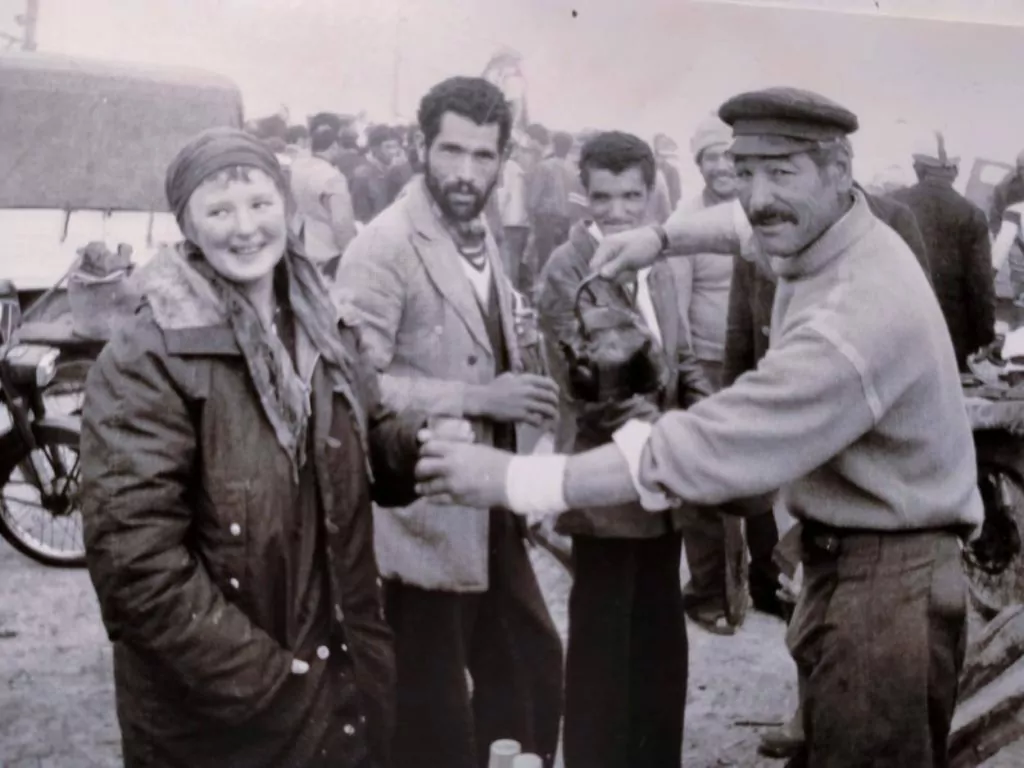
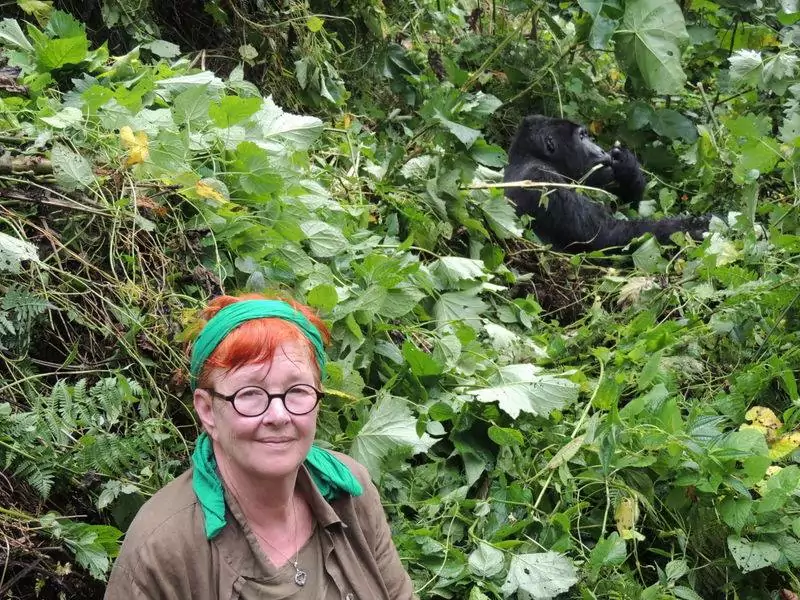
My love for Africa started when I was 17, four months travelling in an old post bus, from Skåne to Nigeria.
Now I am travelling alone, I am an AUNT. 60 plus.
-How dare you? Are you out of your mind? You are soooo tough. Comments you can count on.
Yes, I dare, I am reasonably wise and have at least been pretty tough. Street smart. Risk calculator.
Planning is key, and that's when my journey begins. It's usually about an animal I want to see.
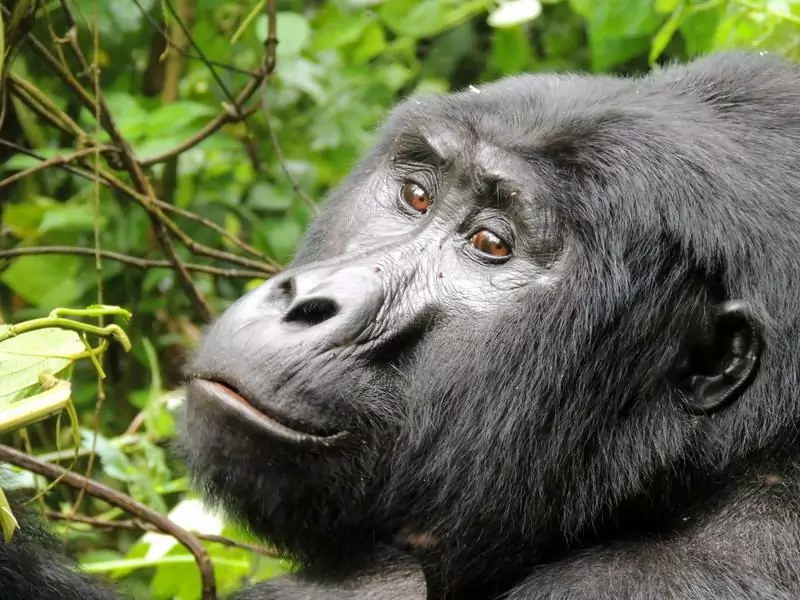
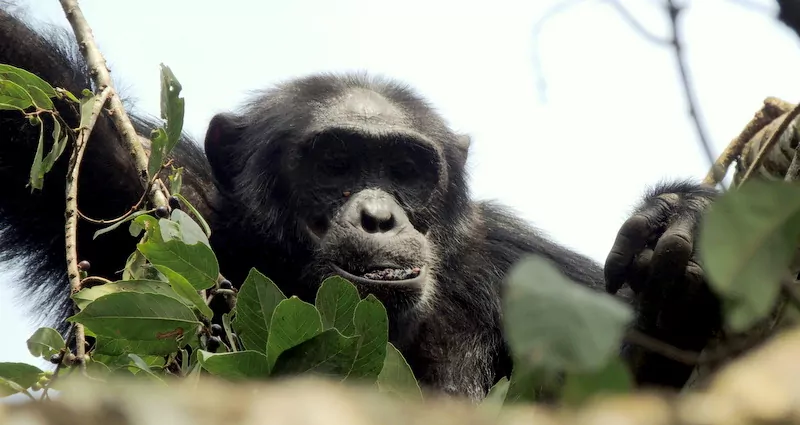

Flights
Flight tickets to the country in question are searched on search engines and booked directly with airlines. If you go in good time and are prepared for several changes and waiting times, it will be cheap. Departing from Brussels or Amsterdam.
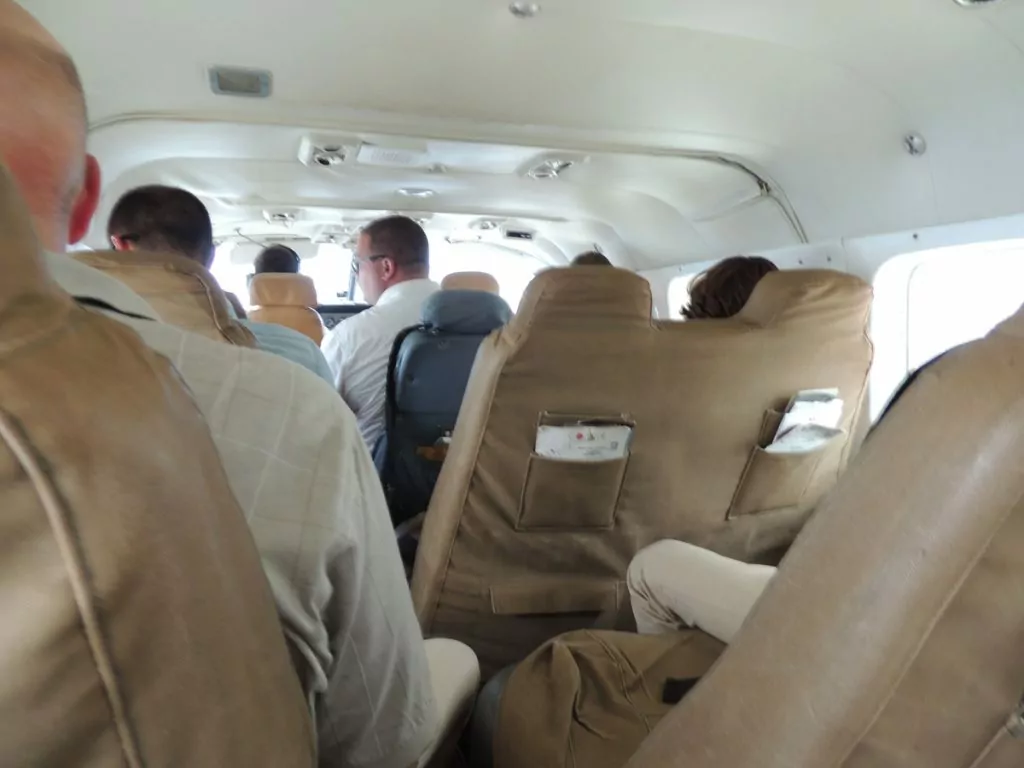
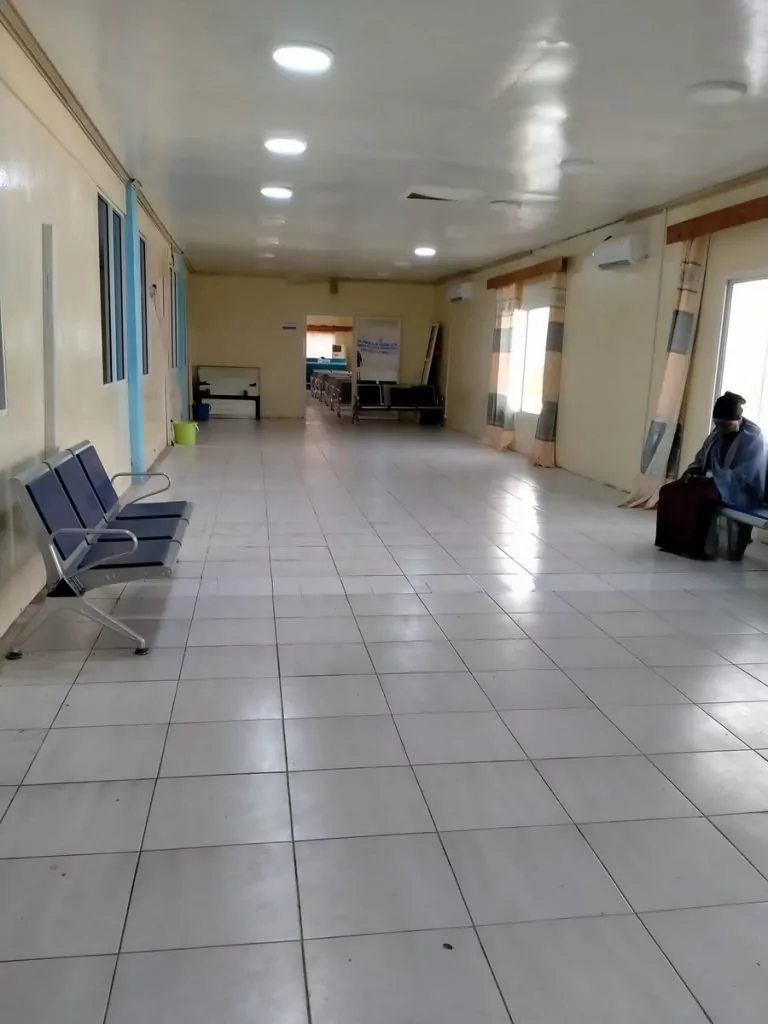
Tours and getting around
The easiest thing to do, of course, is to book tours, safaris and other things from home with a well-known travel company with lots of references and flashy websites. I never, ever do that. I research, find a local company that is visible in the joints. There's a lot of money to be saved here.
Instead of putting money in the pockets of the big travel company giants with many intermediaries, I can favour a small business. Social media, blogs, travel groups, forums, Lonely Planet and Tripadvisor are helpful.
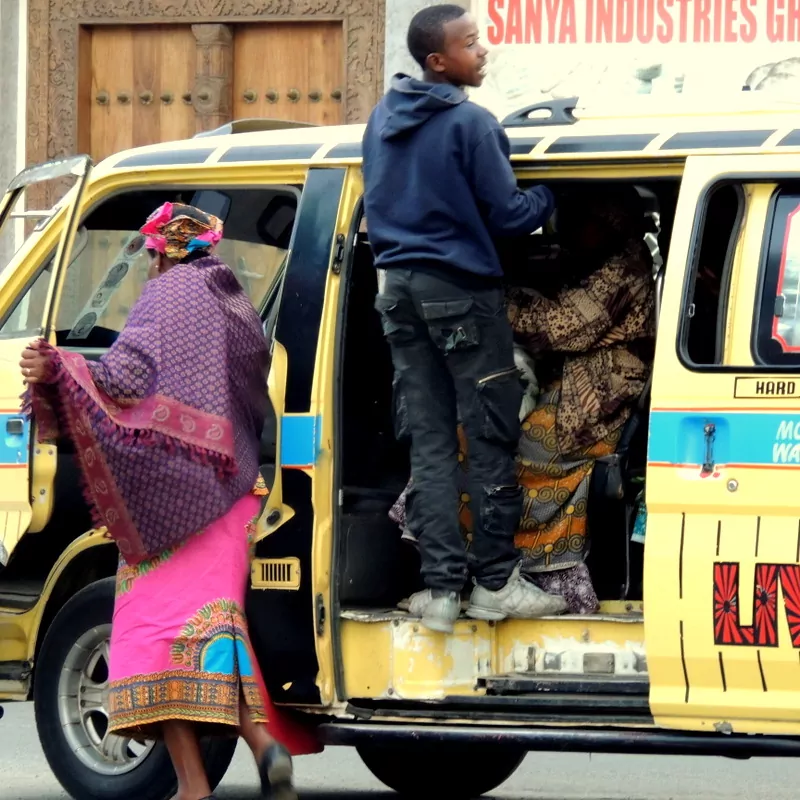
If I get a good response from the local company, that's it. I book. Google is my best friend who helps me with tips on how to get around with local buses, trains and boats.
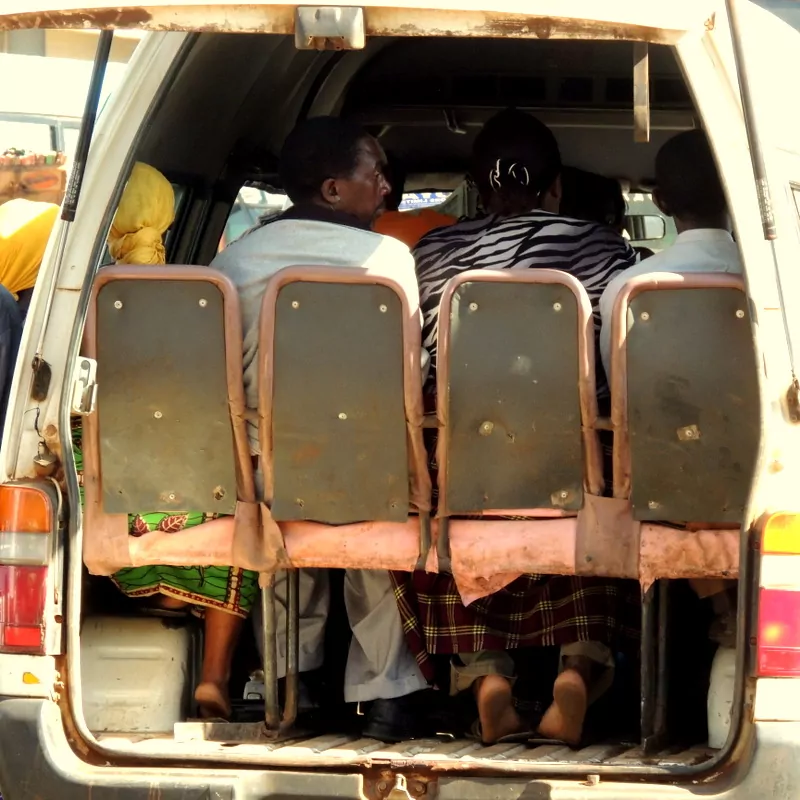
Accommodation
I book accommodation via e.g. Booking, Air bnb or via recommendations.
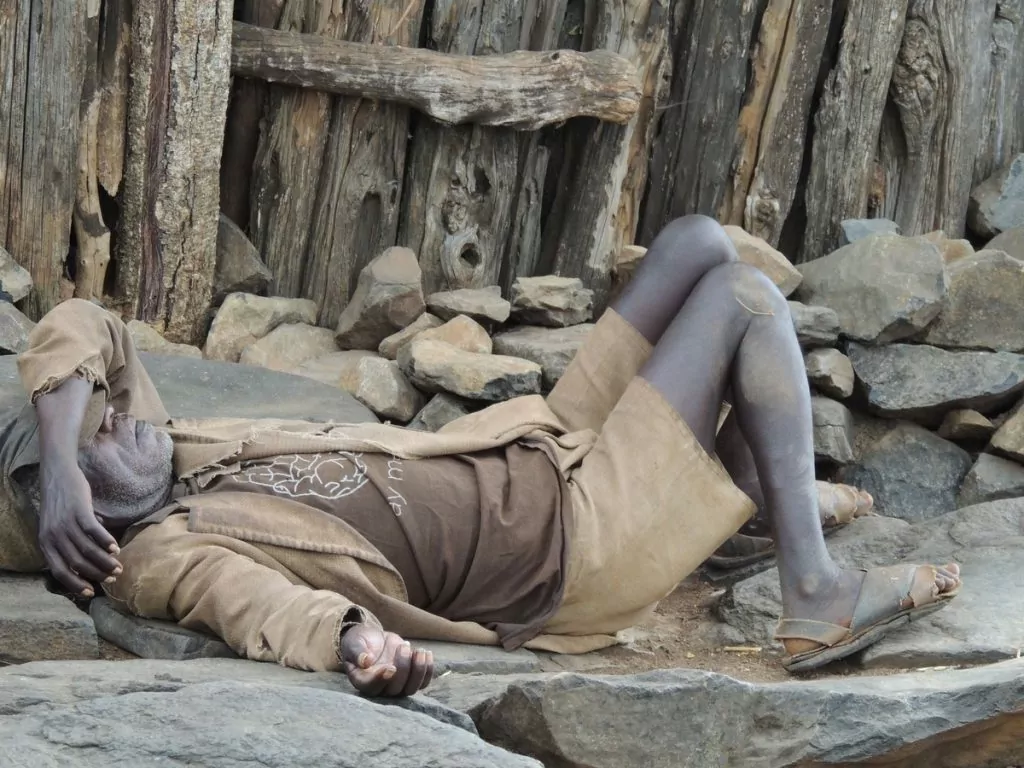
I have a small budget for accommodation but I have certain requirements. It must be safe and have a toilet nearby.
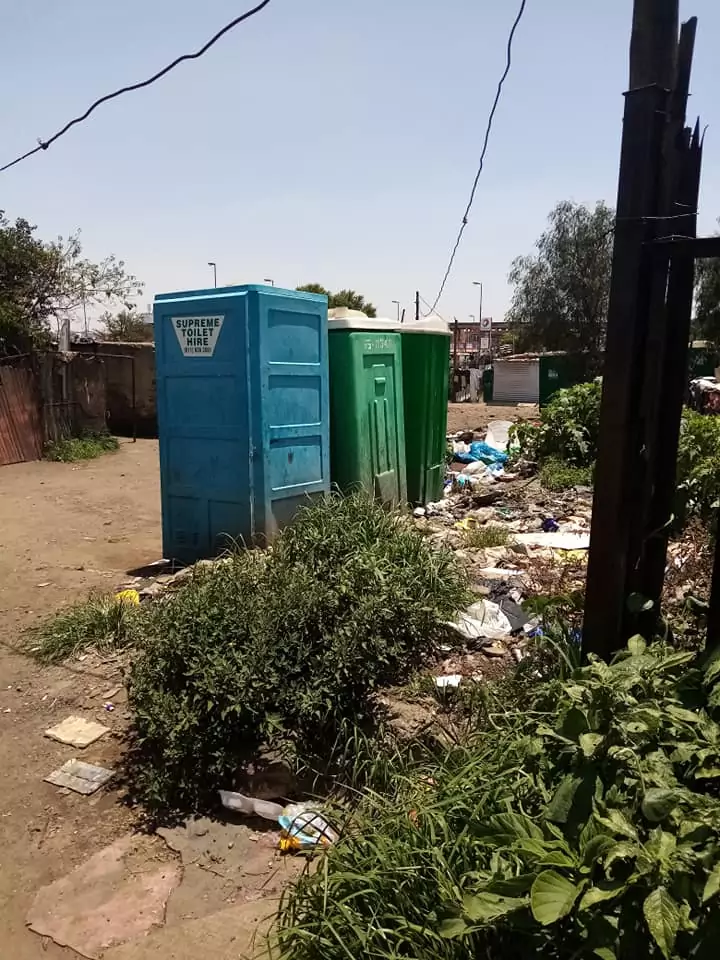
Breakfast, at least around the corner and coffee is a must, knowing from experience as I once slept on a tea plantation and they had just that, tea that is.
Aunties must have coffee, a lot and often.
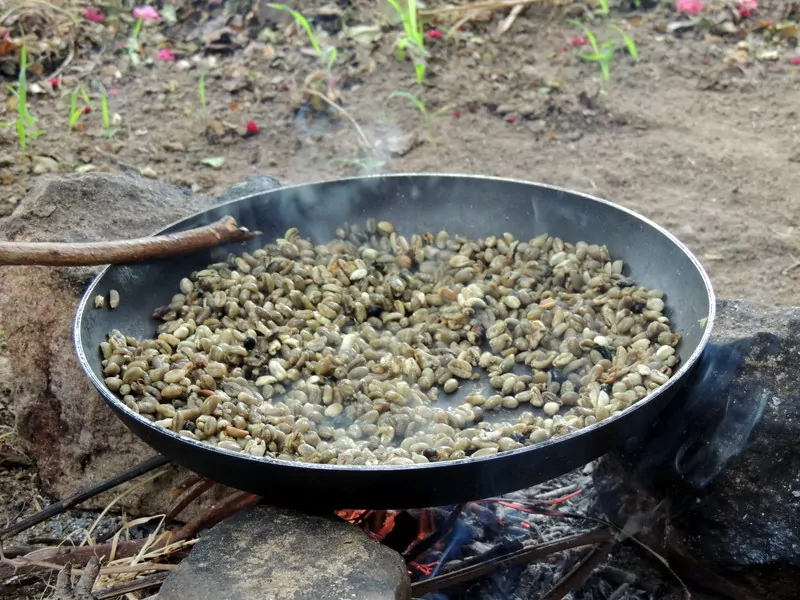
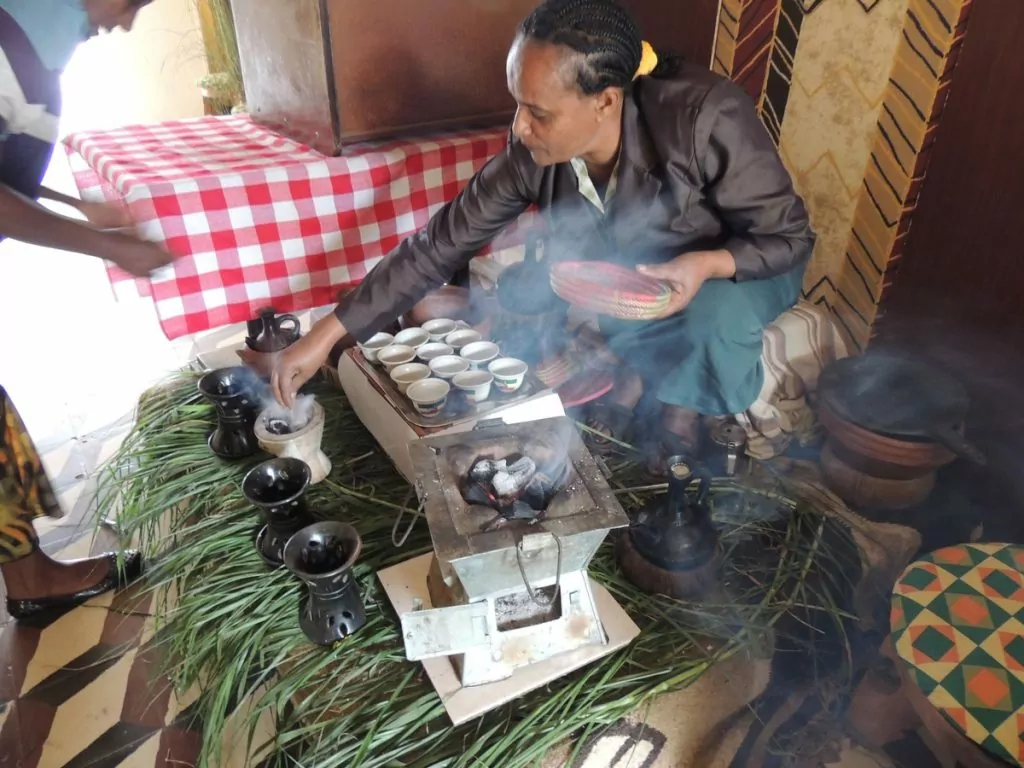
A tip is to have one or two nights booked in advance, nice to know where you are going after a long journey. Airport taxis are recommended, arriving in an unfamiliar country in the middle of the night and a hundred driving men standing and fishing does not feel completely safe.
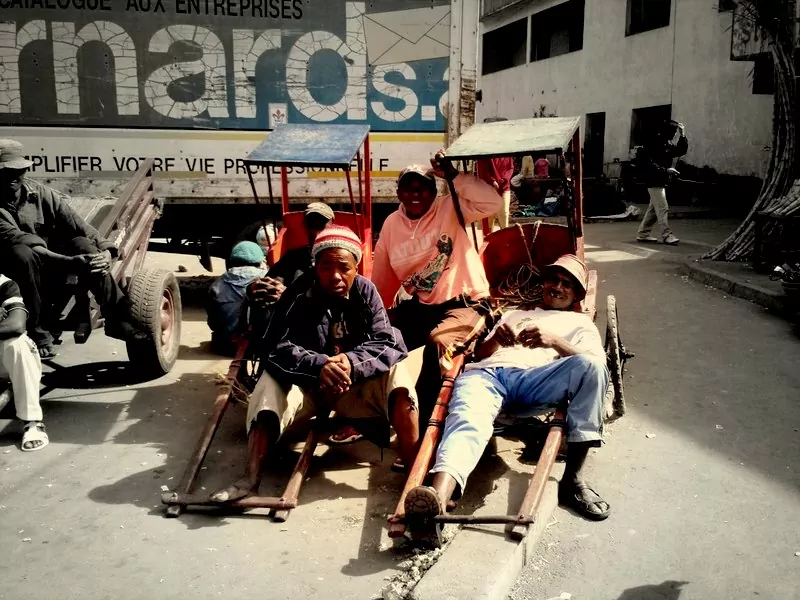
When I was young and backpacking with no budget, there were no direct requirements, a couch at a stranger's house, a dormitory with other backpackers, or a bench at a bus station was enough. I do NOT do that anymore, a private room with a lock on the door is a must.
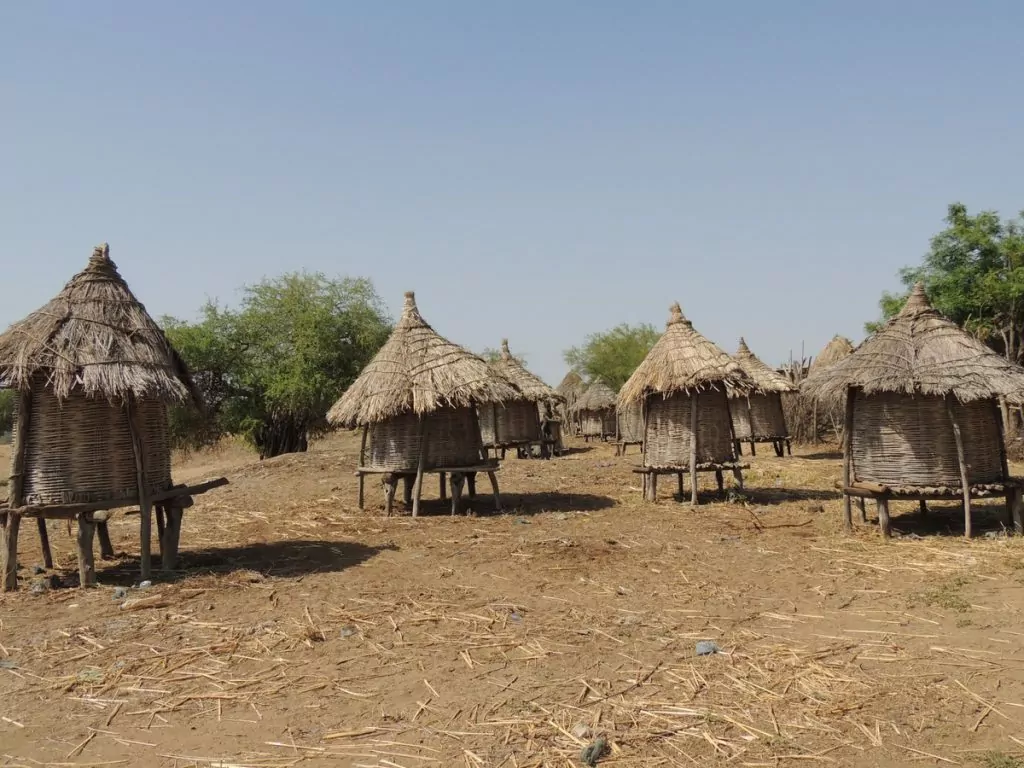
Packing
As for the backpack, the rucksack has been replaced by a bag on wheels. When your body says no, it's nice to just roll around. Some means of transport only accept soft bags.
Tangible evidence of old age is that the contents of the toiletry bag have grown with age; simply sticking a toothbrush in your pocket no longer works.
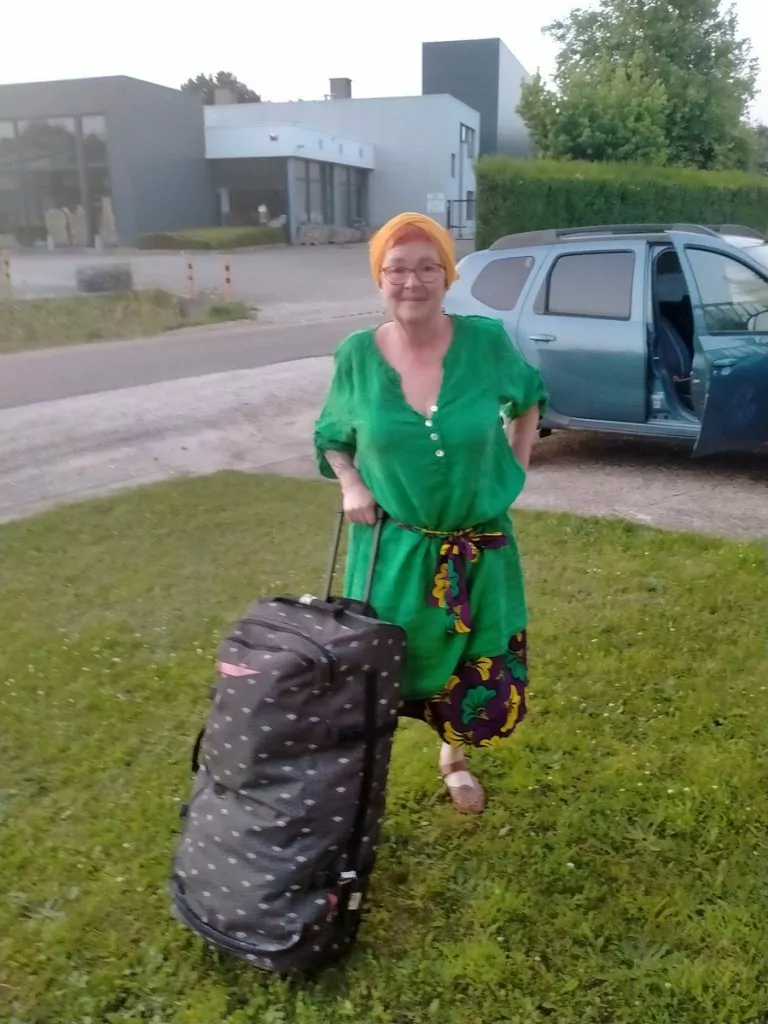
Nowadays the toiletry bag is bursting with useful medicines such as stomach flu pills, painkillers and broad-spectrum antibiotics. Usually nothing is used, but there may be times ...
Beauty products and skin products are skipped, if I need something, it can be bought on site. Possibly sun protection factor. Jewellery is left at home.
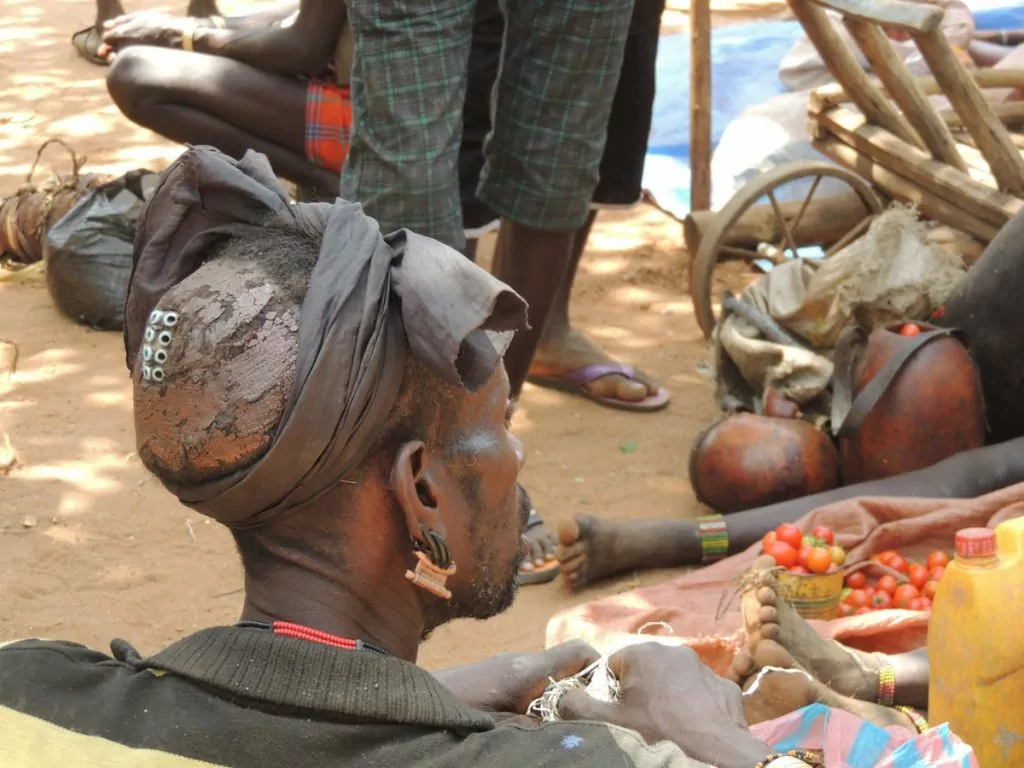
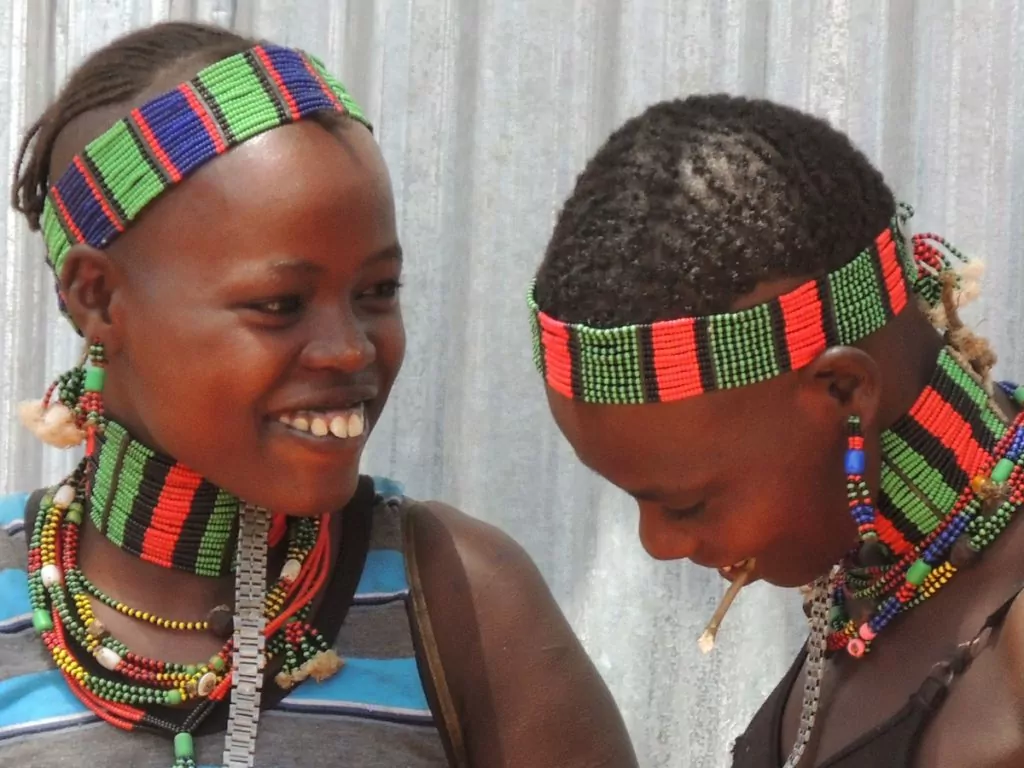
Clothing and footwear
Yes, of course. Not the nicest thing I have, definitely not, because when travelling solo it's important not to stand out, I dress trashy but completely clean. A couple of changes are enough, Y3 detergent to wash with. I leave a lot of the clothes behind when travelling home, there is always someone who needs them. Above all, I make room in my bag for various purchases such as lovely African wax batik fabrics, spices and local coffee.
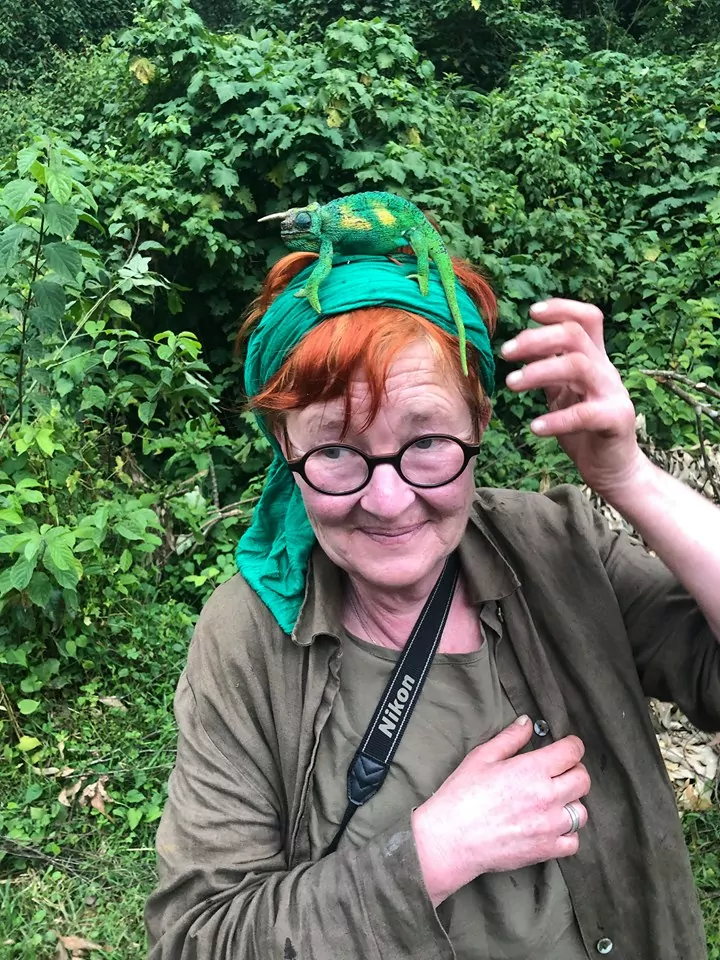
If the country in question has a dress code, I adapt to it, longer skirts, a shawl to put over the shoulders or hair. Shoes, sandals and good walking shoes or boots. And of course rainwear. Those who think it doesn't rain in Africa are wrong. It does, a lot ... sometimes.
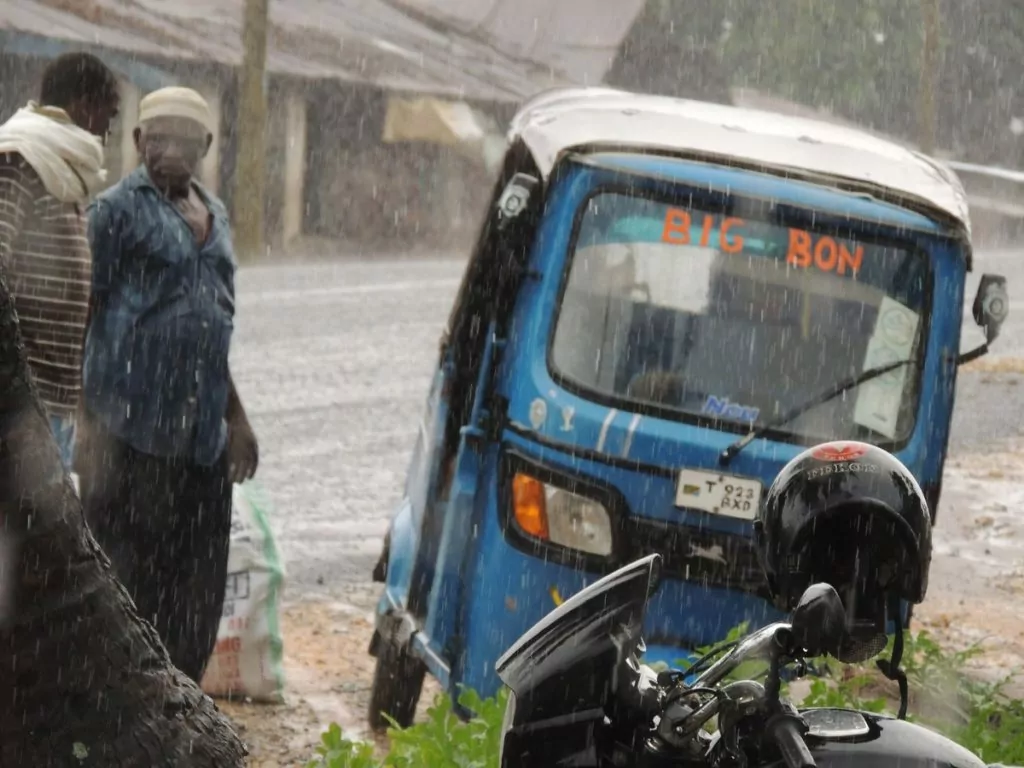
Kosing
Euro/dollars in small denominations work in many countries alongside the local currency. I put cash in different places, in different bags, in my bra and shoes sometimes. A currency converter on my mobile phone is great, sometimes there are too many zeros to keep track of. Some currencies are difficult to exchange back.
Of course you have to keep an eye out, many times I've had tentative hands around me and it's not because of my body, LOL. Some potential pickpocket has got a wing too. A fanny pack, a bag under your shirt or a shoulder strap bag that is firmly attached to the side is my tip.
Everyone will soon have a bank card, but not all countries/locations have functioning devices or none at all. I have two cards that I keep in different places. Make sure your cards are not blocked for withdrawals in the country you are travelling to.
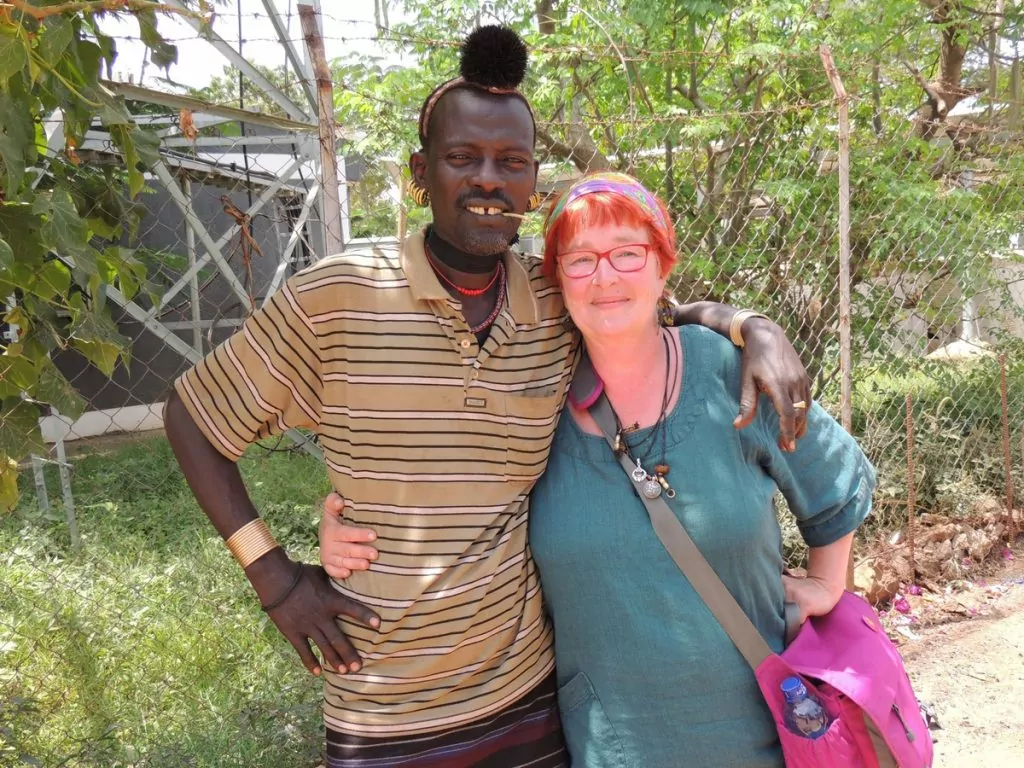
Passports and visas
Your passport is your most valuable document when travelling. Make copies of your passport and keep it in a different place from the real one.
Visas are necessary in many African countries. The best way to get a visa is to check with the country's embassy. Online visas and VOA (visa on arrival) can work. Print out and bring in paper form.
Insurance
Check what you have through home insurance, take an extra one if necessary.
Internet and E.T. Phone Home
Wifi is great, when it works. Some countries have blocks on Facebook/messenger, WhatsApp is the alternative.
Calling home is really expensive, a local phone card keeps costs down.
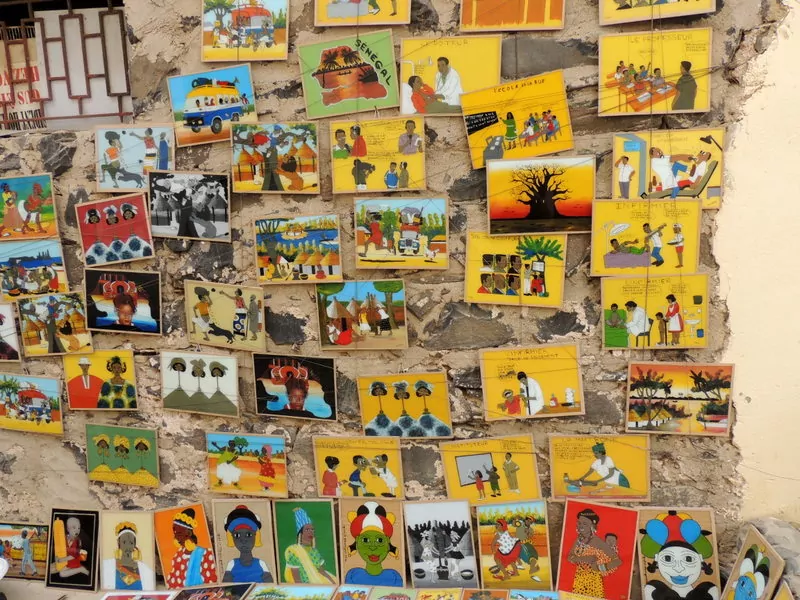
Security
Different of course, for myself I don't hang out in bars or run around in the dark alone. Black taxis are out, your accommodation usually has safe transport in place.
Public safety in the country is checked via Sweden abroad and the Ministry of Foreign Affairs' travel advice.
Keep in touch with your loved ones.
Protecting yourself from insect-borne diseases such as malaria and dengue fever is important. Malaria prophylaxis, mosquito nets and good mosquito oil.
Other
A set of electrical plugs for conversion is needed on some targets. Flashlight helps in case of power cuts and lack of lighting.
Loneliness
No, travelling solo is not lonely. If you travel alone you always meet new people, but you have to read the situation, not everyone wants an unknown guest at the table or a chattering fellow traveller on the bus. Travelling alone is both good and bad, often I am invited into the local community just because I am alone. Travelling alone invites many interesting encounters.
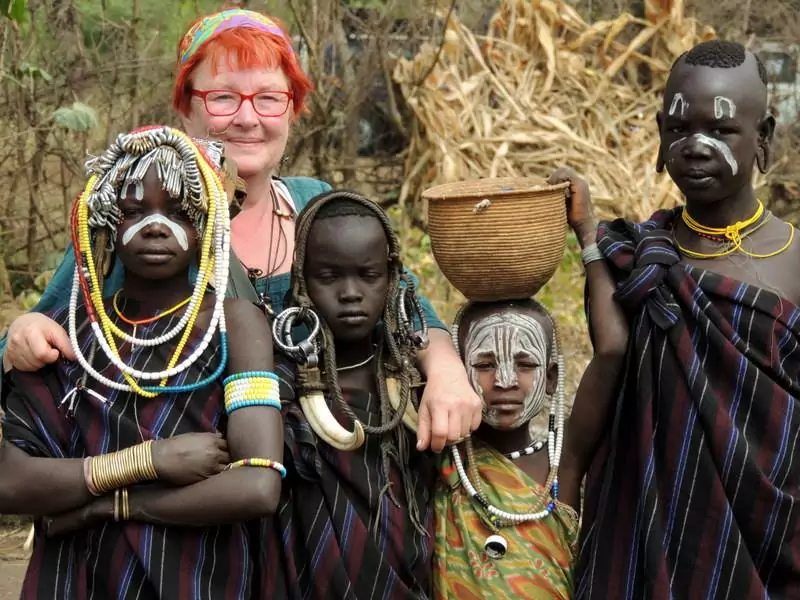
I manage my own time. My camera, books, podcasts and crossword puzzles are what can entertain me in solitude, a cup of coffee in a café and just studying the city life is another. Visiting the local market is something I always do. A good way to see how people live or what they do for a living.
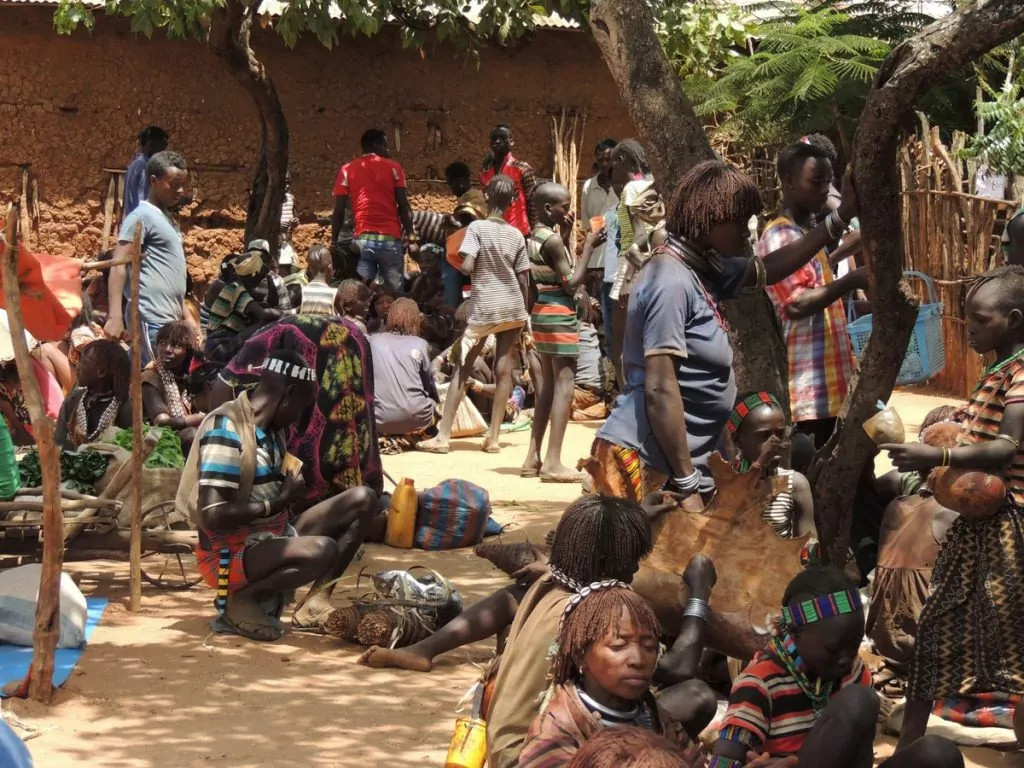
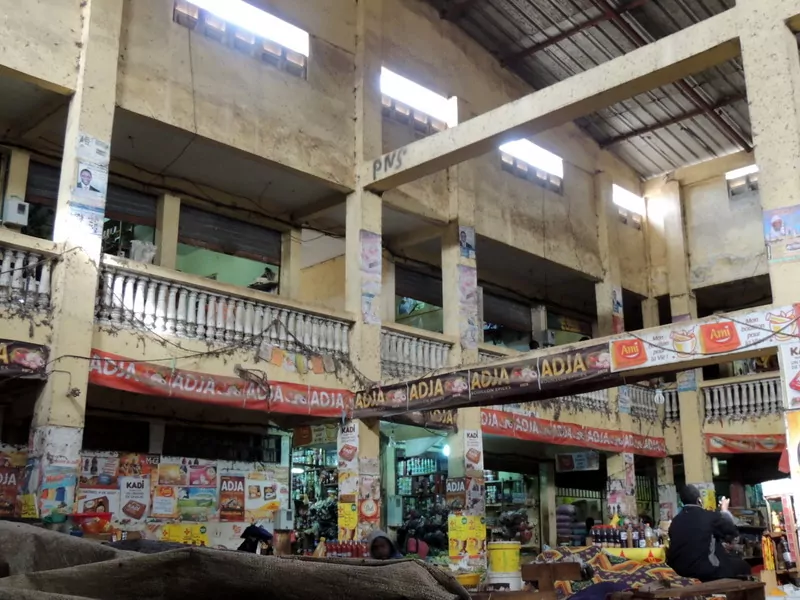
Activities
Of course, it all depends on time, energy and finances. You don't have to rush around and do everything at top speed, my planning is usually every other day activities. Before I travel, I do a lot of research, prioritising what I want to see or what needs to be seen - for me it's animals and nature, for someone else it's history and culture.
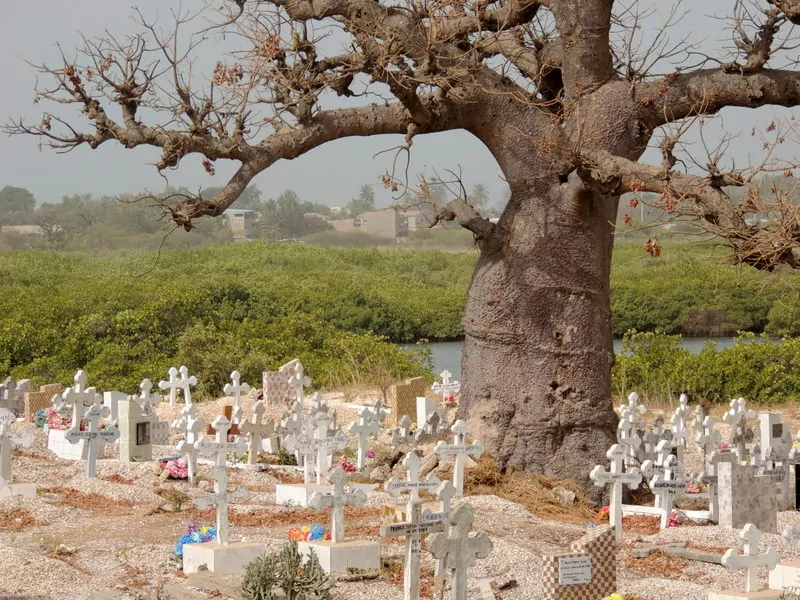
Animals and nature
Wildlife should be treated with great respect, I want to watch but it must be done ethically. I don't chase around in a boat after swimming dolphins, feed monkeys at the zoo, I keep my distance and watch and marvel.
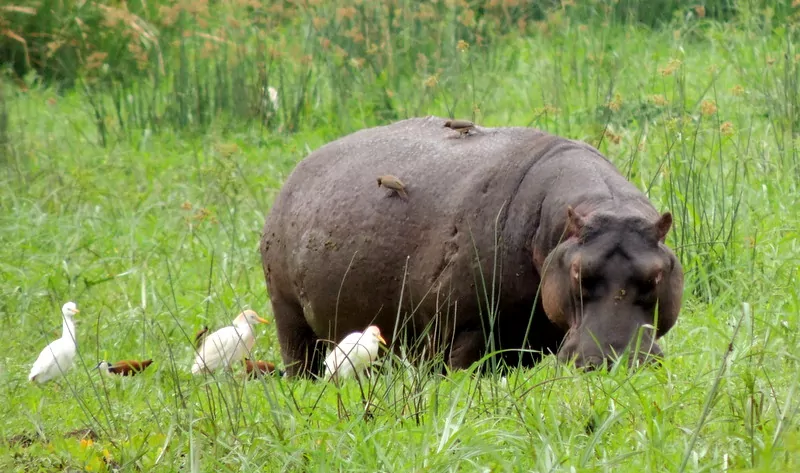
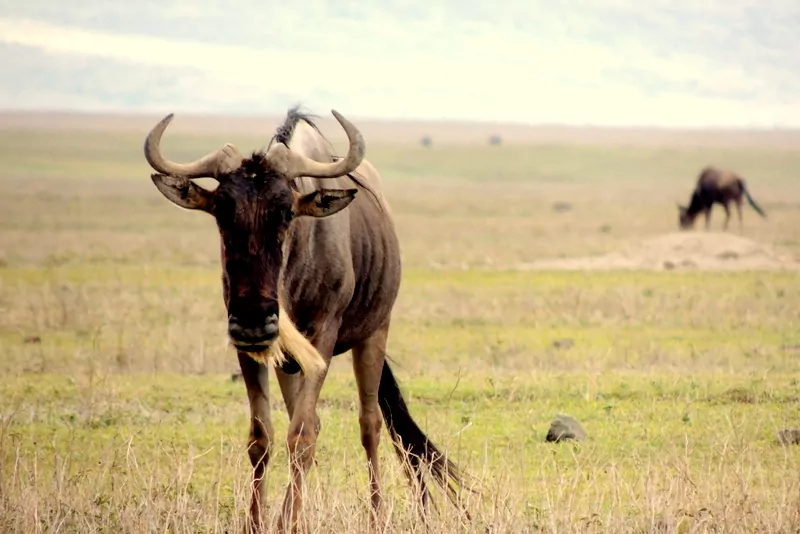
Scary animals
Plenty of them. Mosquitoes, sand fleas and jelly fishes. The rest are usually so shy that they leave as soon as they sense movement.
It's all about respect and distance. You are a guest in their territory.

Food and drink
You should eat or you will die, but of course you can get sick from food and drink. I definitely avoid buffets of any kind, food that goes in and out of a cold room, it's crawling with bacteria. Ice cream is on the no-list, at least in Africa. Ice in the glass goes away.
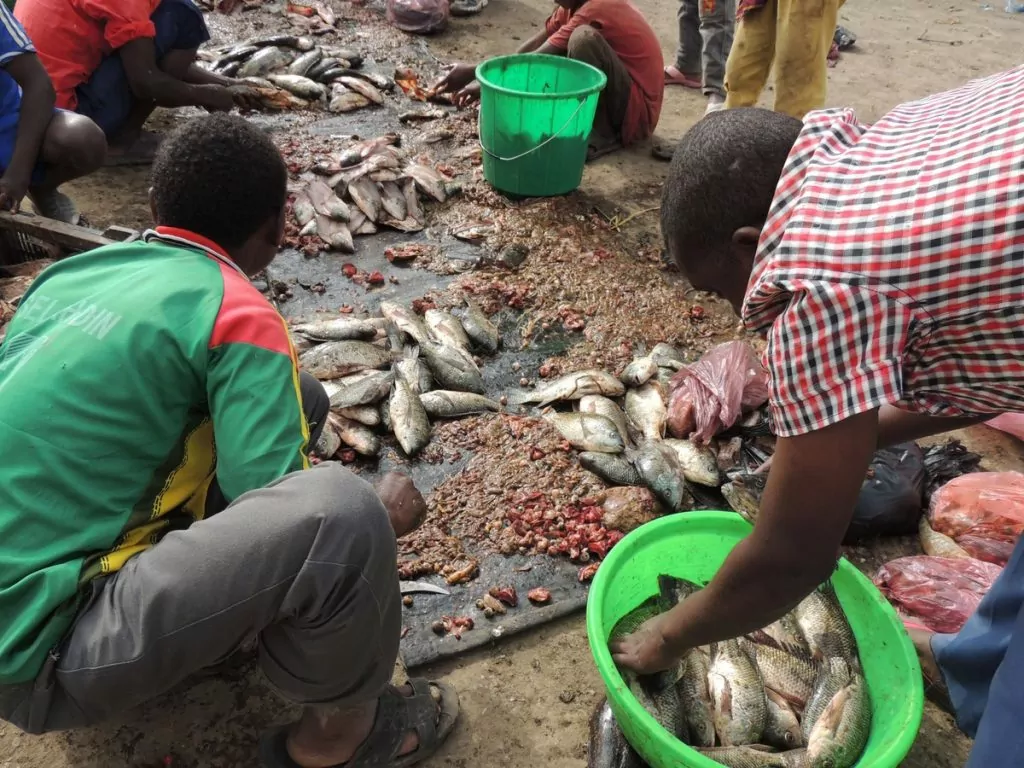
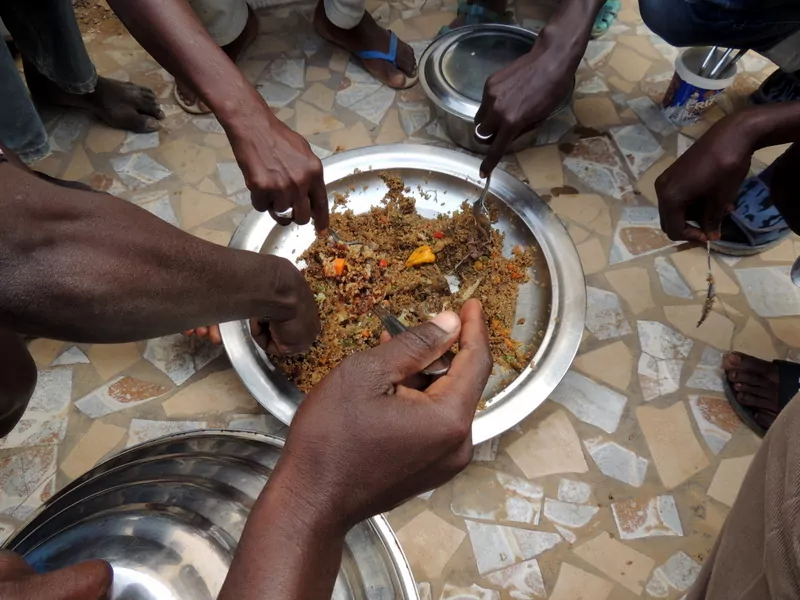
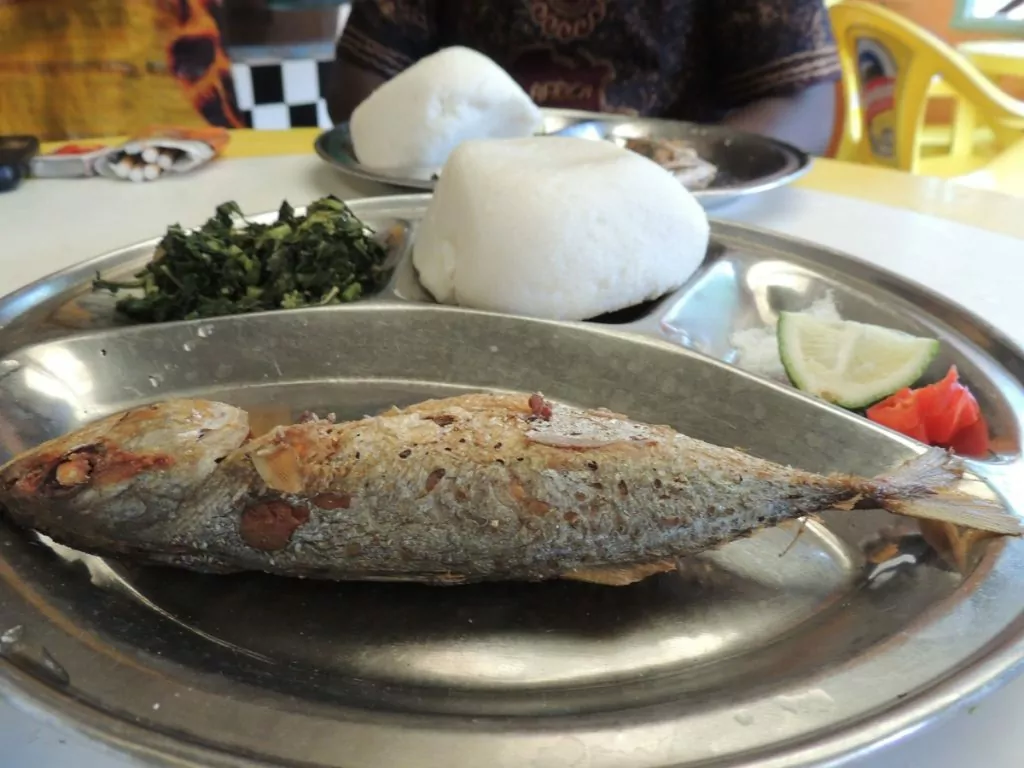
In fact, the best places to eat are those along the road/street, the food is cooked directly, it's good and cheap and above all local.
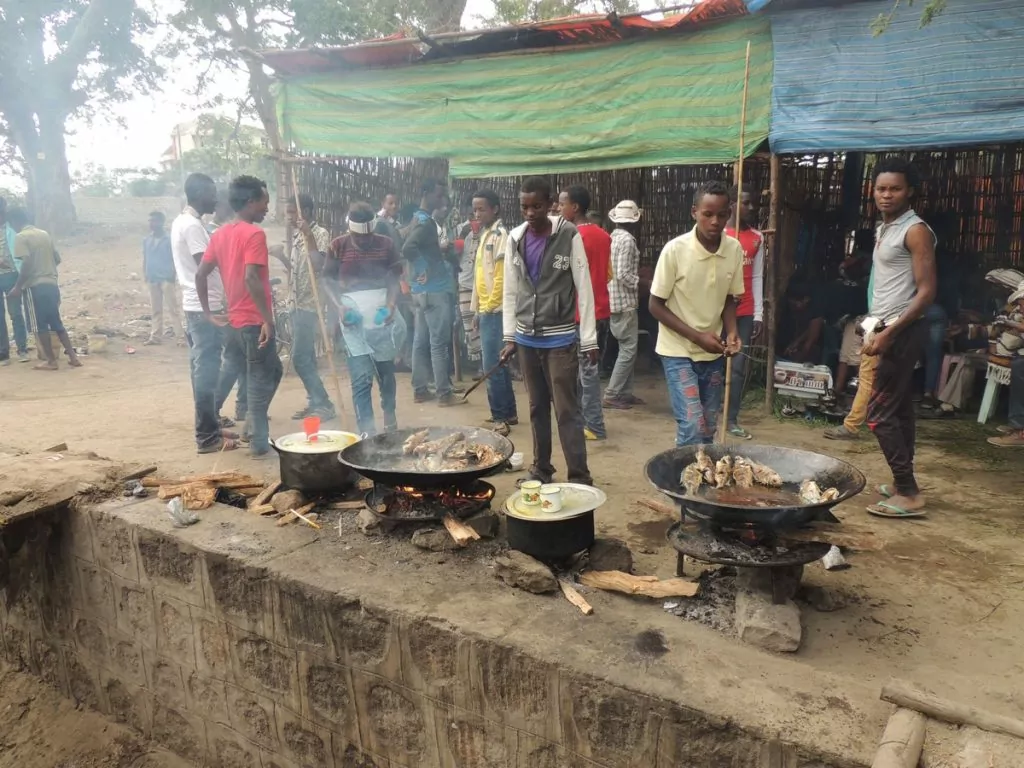

Water. Never ever from the tap, not even to brush your teeth. Does that sound weird? No, you have a completely different bacterial flora than at home, no big deal to be sick to your stomach in a public toilet. A bottle of hand gel is good to have, bills for example are usually very dirty.
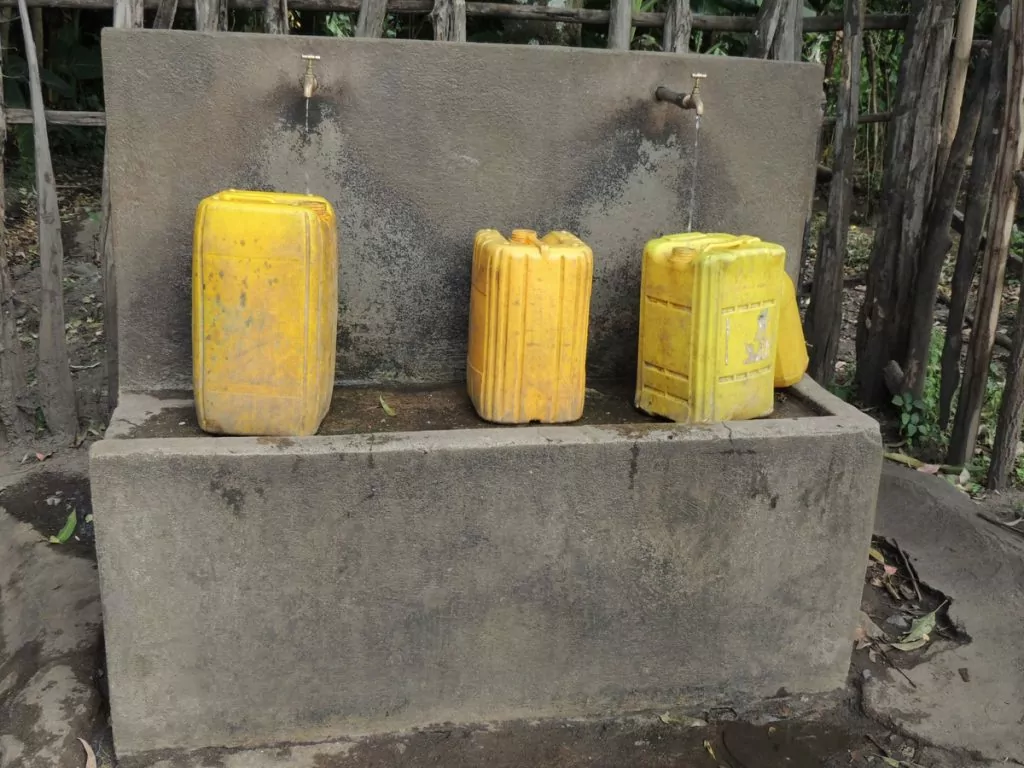
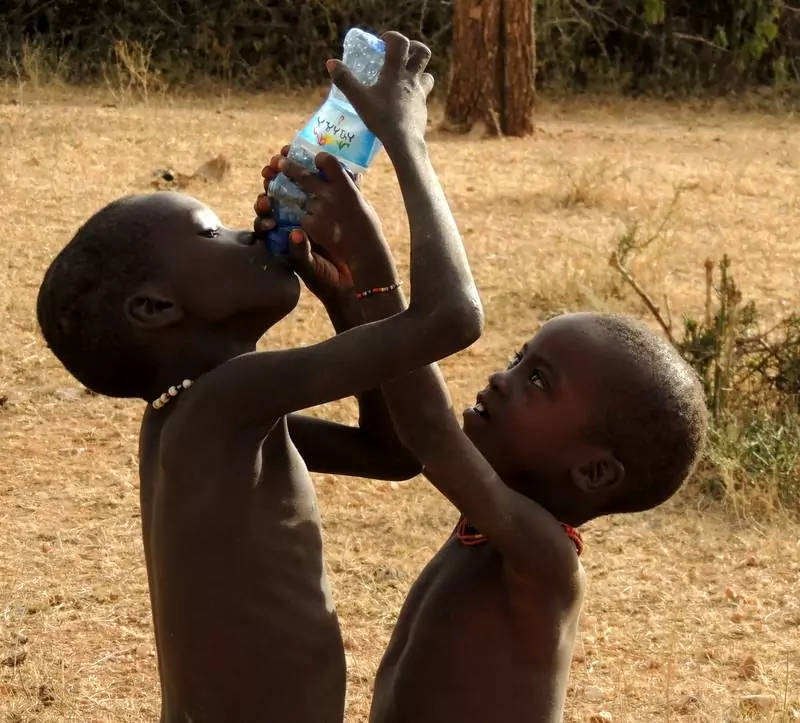
Health care
Some things may need to be treated with something other than what you have in your travelling pharmacy, as the care in some countries is very different from what you are used to. The local pharmacy can be very helpful.
Vaccine and malaria pills, very important that everything is up to date to ensure full protection. Some countries require yellow fever vaccine. Update on any covid regulations.
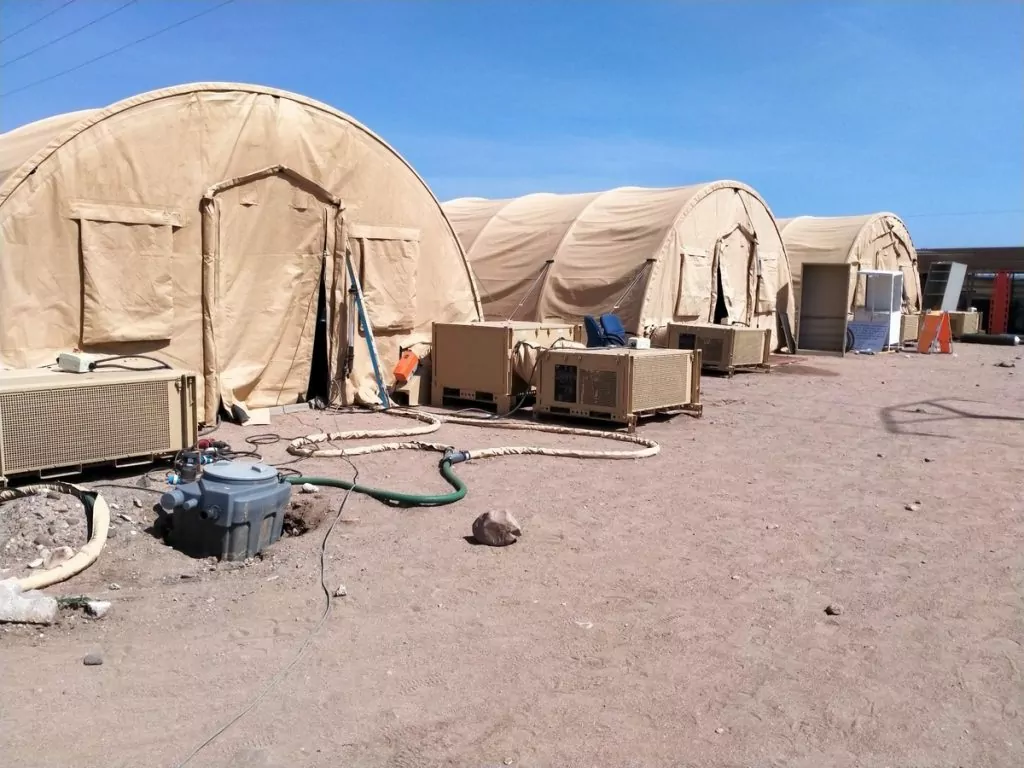
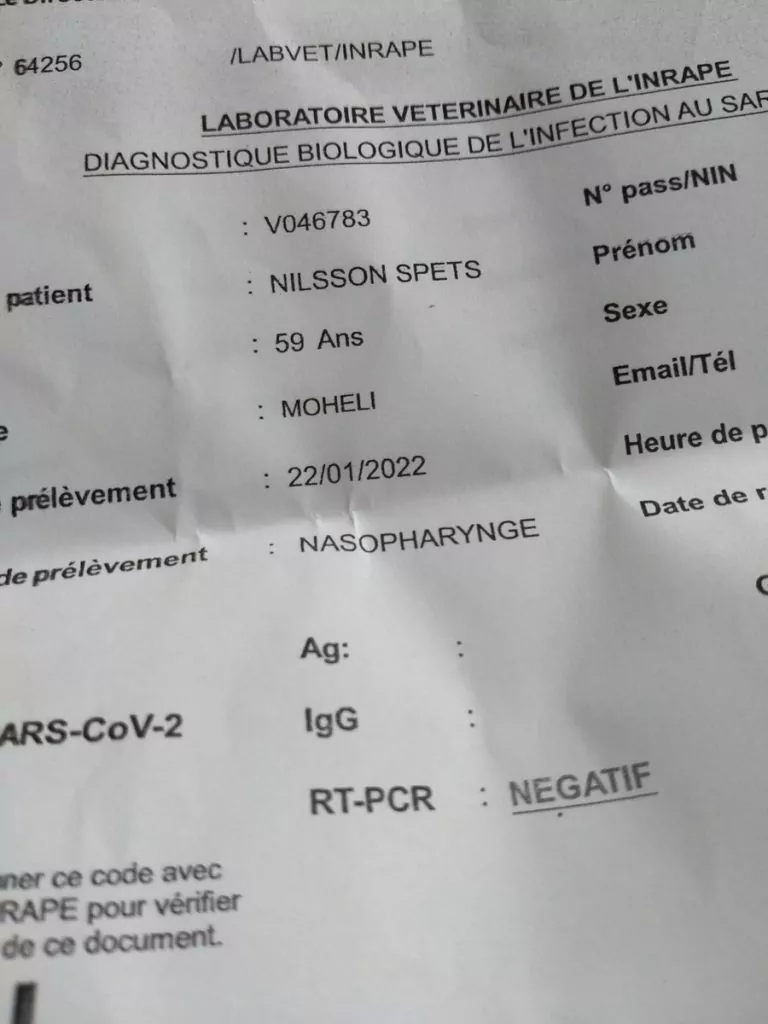
Steering the ship
For those who are new to Africa, it is easiest and safest to travel to a country that is used to tourists, there are several to choose from such as Tanzania, Uganda and South Africa.
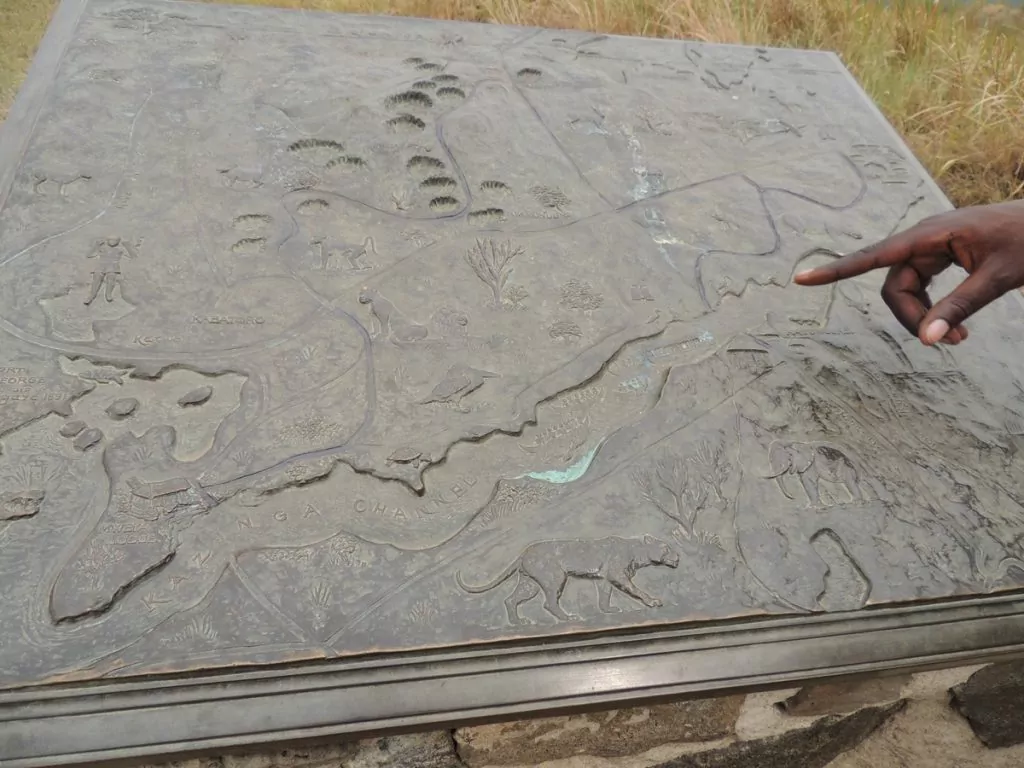
Make a list, what you want to see and do, how you want to live and travel. Is there anything off the beaten track that is interesting? Your adventure starts at the planning stage.
Codes and customs
Take the custom wherever you go, especially as a single woman. Many countries have a culture and/or religion that you are not used to.
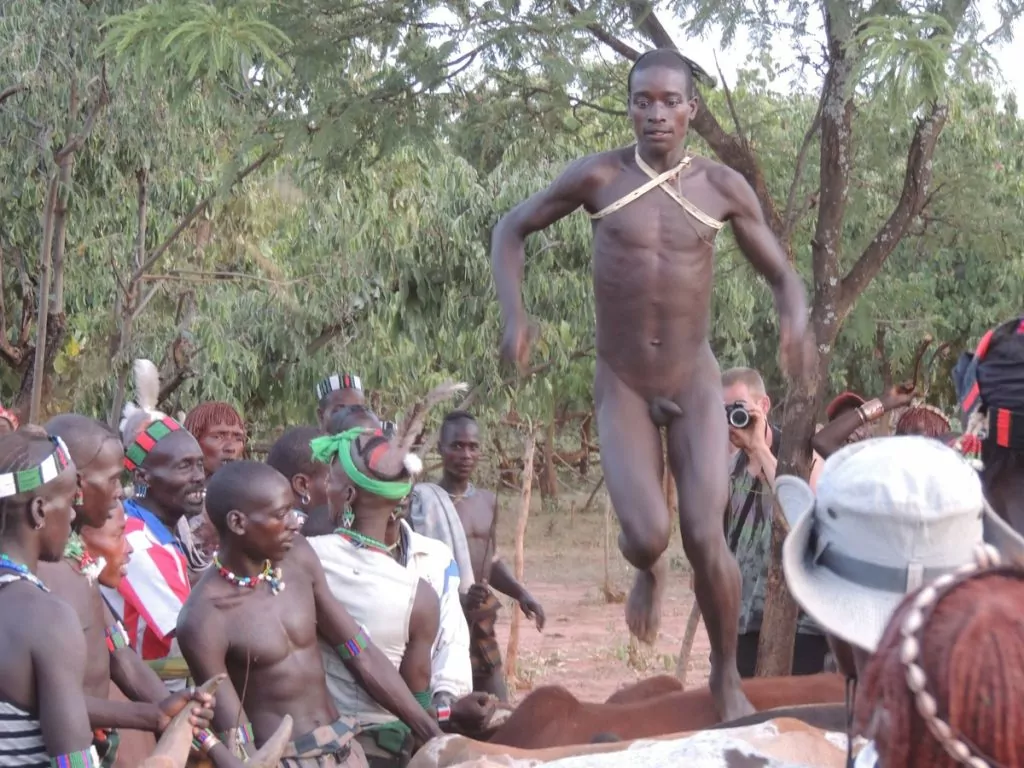
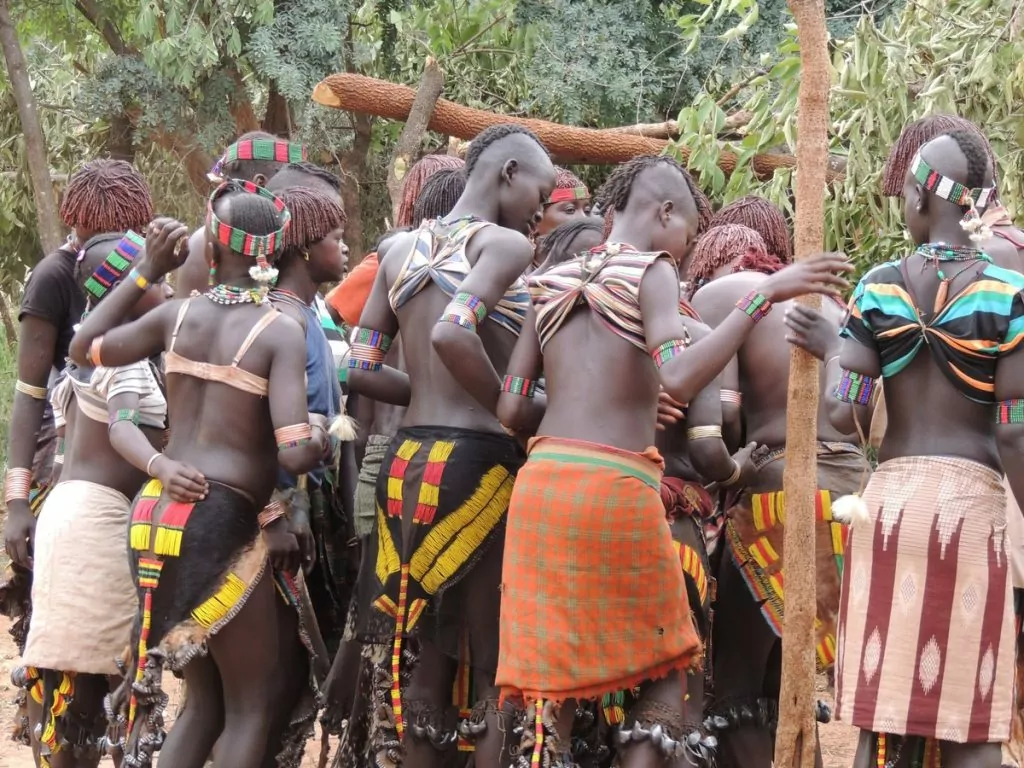
You are a guest in their country, you should respect their way of life even if you don't like it. What I'm talking about is maybe mostly clothing, don't dress too naked, cover your shoulders and skip the mini shorts.
The view of women in some countries is of course completely different, you will think of female oppression but again, you are a guest in their country.
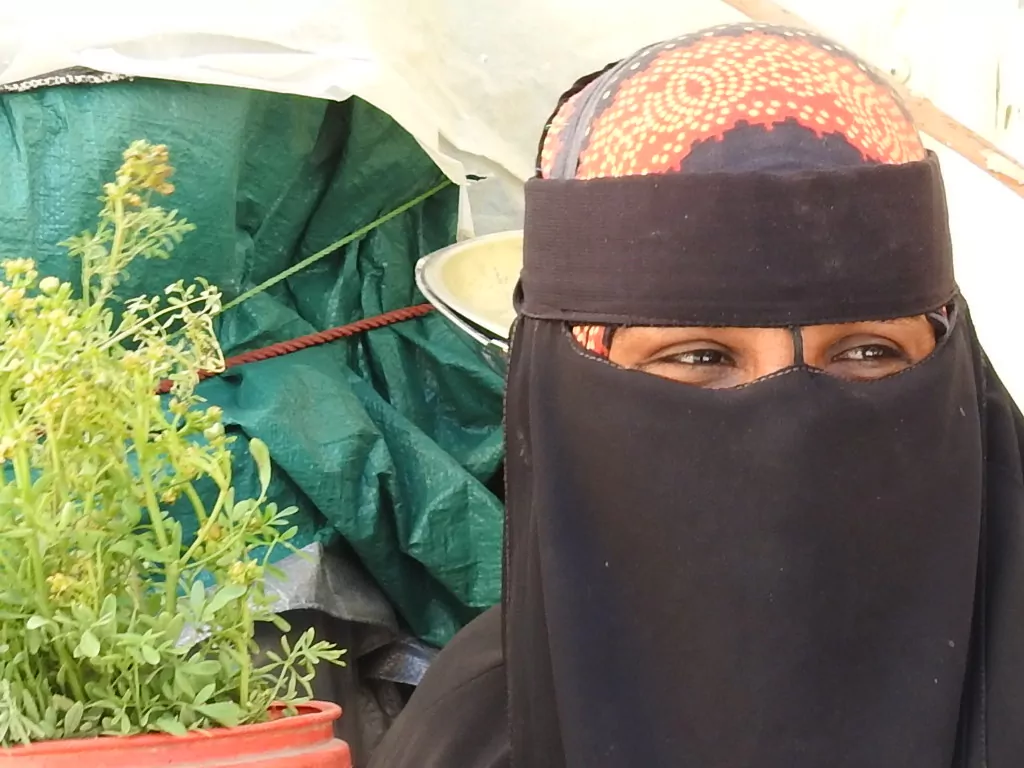
The beach life may not be what you expected, you are used to sunbathing and swimming in a bikini or maybe topless, forget it, in some countries women swim fully clothed. Places with a decent tourist influx often have their own beaches, where you can enjoy yourself as you are used to.
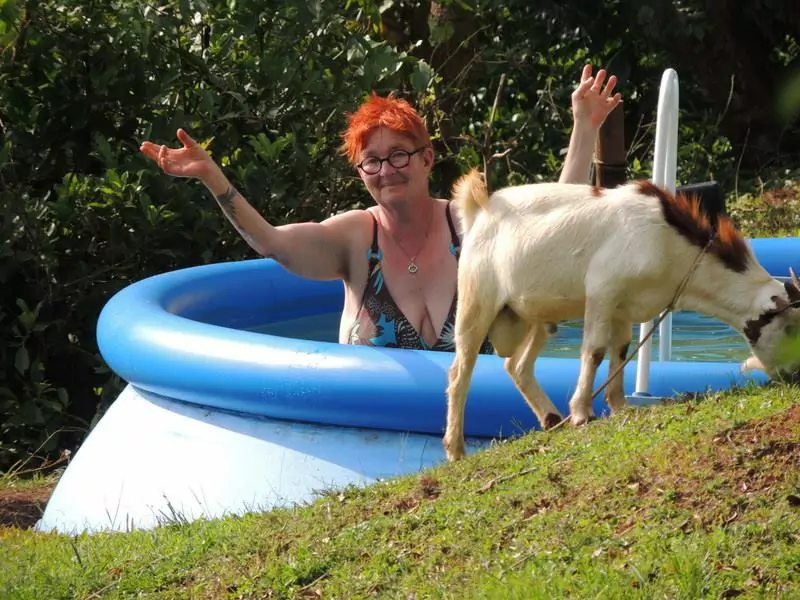
Your tour may be paused because the driver has to pray, shops and restaurants may be closed during Ramadam.
Check out the social codes of different countries, how do I greet, how do I act? Knowing a few words in the local language is always fun. In some countries, a woman sitting alone in a café or having a cigarette is not looked upon favourably, just accept it.
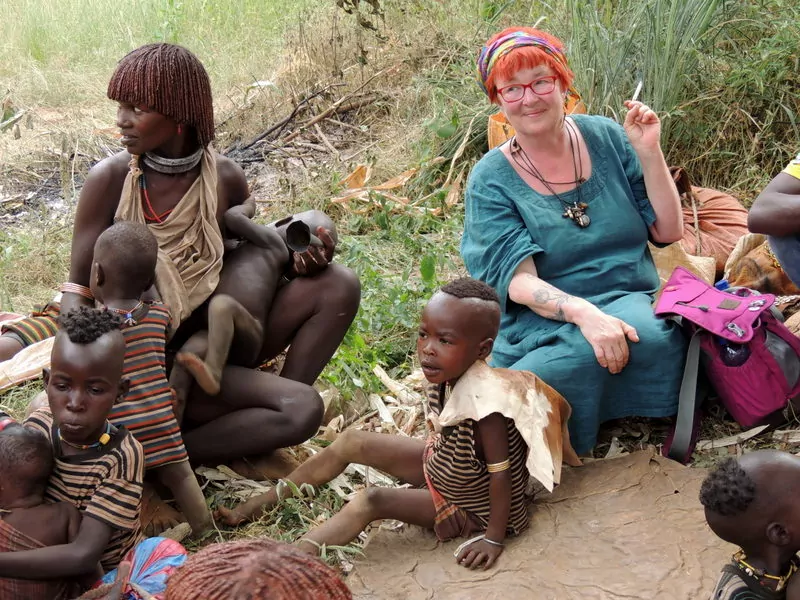
Documenting
I blog and fejsbook, take a lot of photos, my Nikon has a good zoom.
Photography can sometimes be completely impossible, always ask and take no for an answer.
The sum of the cardamom
Africa is a large continent, all countries have their own traditions and social codes, many of which you will not like. The infrastructure in some countries is zero, with a lack of functioning healthcare, schools and other things that make a society work.
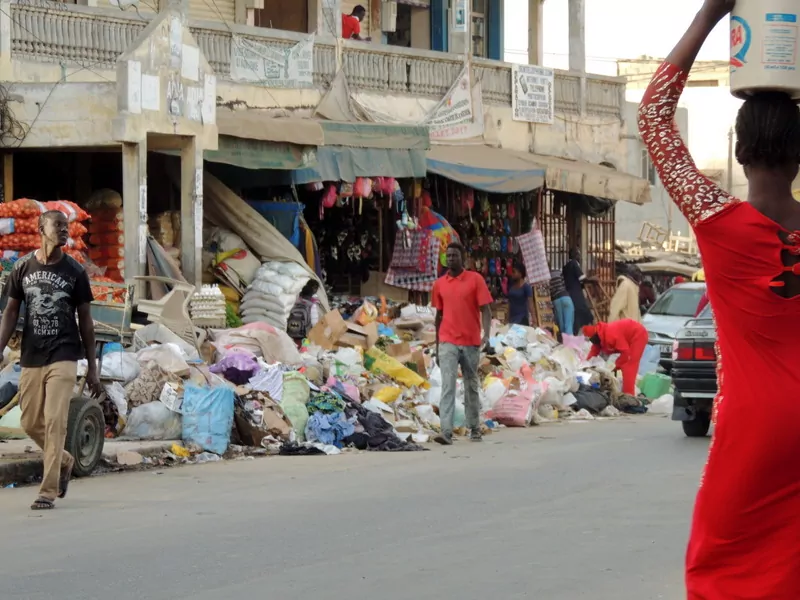
Water, sewage and rubbish is one example. Poverty stings and hurts.
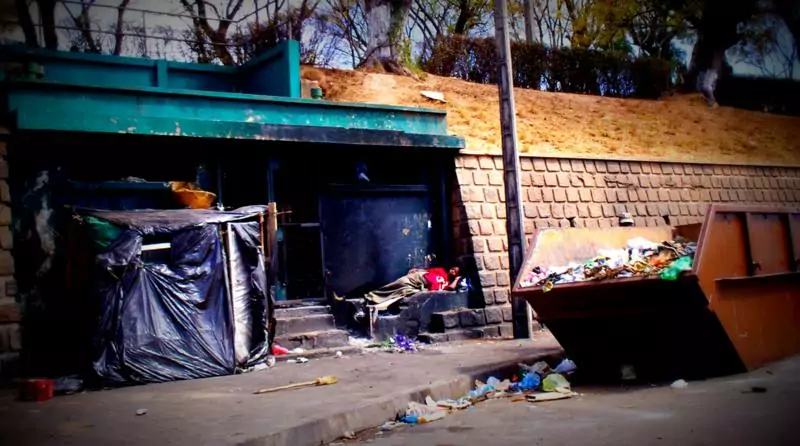
The positives outweigh the negatives: amazing nature, interesting culture, warmth, sea, colours and smells.
Isn't that enough?
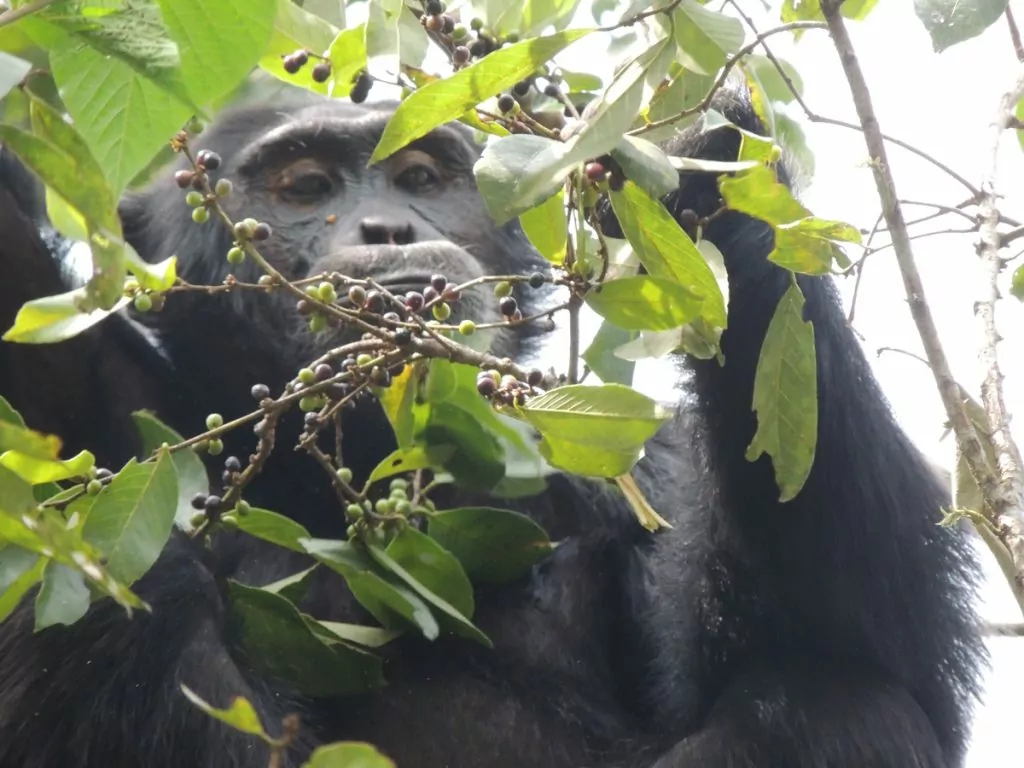
Sharing
Poverty can be devastating. You can contribute with small items that you buy on site, such as pencils, school supplies, hygiene items. Financial contributions to projects you visit. volunteer work.
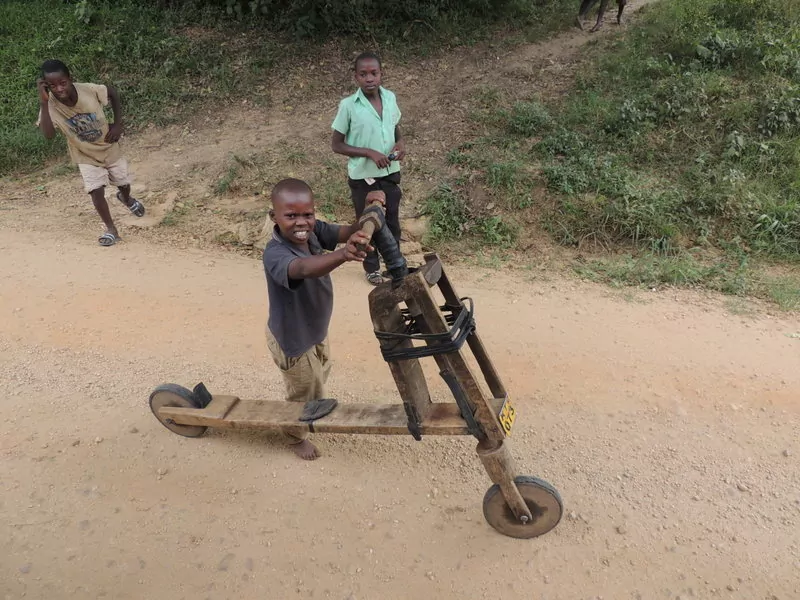
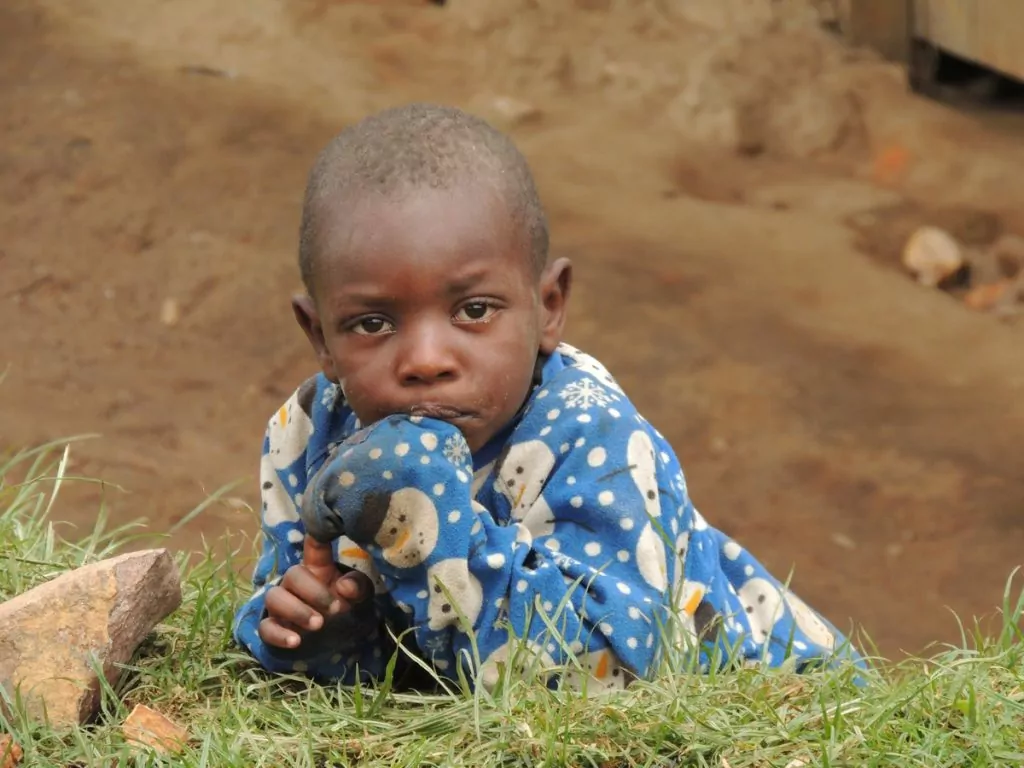
How can the aunt afford it?
I work all the time, lower middle income, household consists of a retired partner and two dogs. I avoid luxury in the form of gadgets, pub visits and buy second-hand. Car to take me to work. That's all.
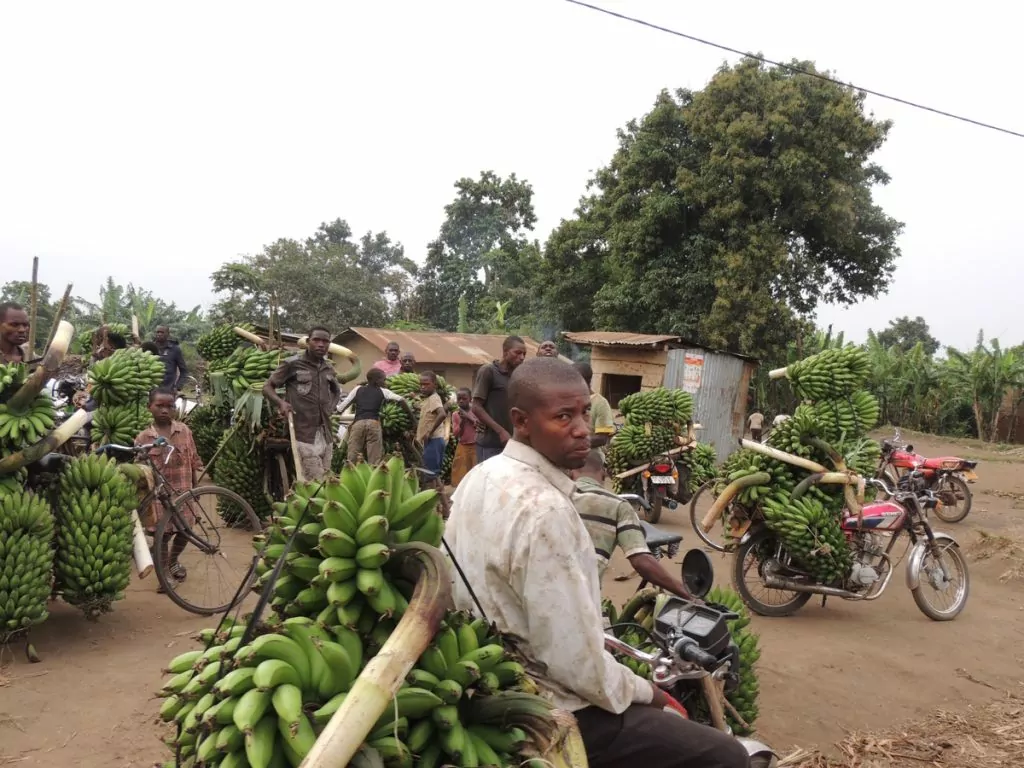
Favourites
Madagascar for its outstanding flora and faunaa
Uganda, green, lush, lots to see, mountain gorillas.
Comoros, completely unspoilt, extremely good water.
Dream goal
Socotra, the island off Yemen with many endemic species.
DCR, Congo will have to wait, a bit too worried.
Mali is high on the list, interesting culture but not really safe at the moment.
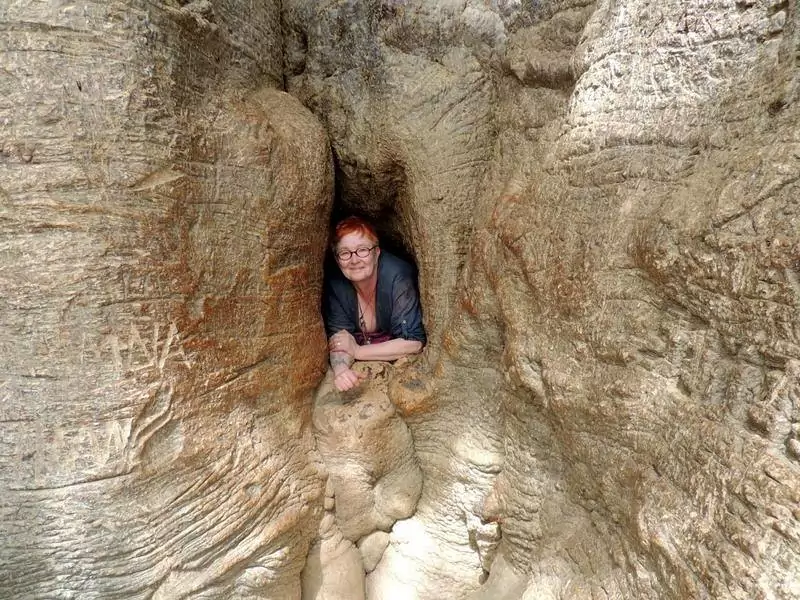
Local tour operators
In some countries where I have not wanted or been able to travel by public transport, I have used it.
- Innocent Machuwa, Tanzania: Topi Guides - Tours & Safaris
- Jackson Mugorozi Uganda: Fly to Uganda Bwindi Mountain Gorilla Trekking Tours
- Femeles Shintaw, Ethiopia: Ethiopian Tour Operator (awazetours.com)
- Grand Comoros: About us - Adore Comores - our team and our motivations.
- Moussa Ballah, Djibouti: Massigo Travel, WhatsApp +253 7727 80 15
Africa. My place on earth, the love remains.
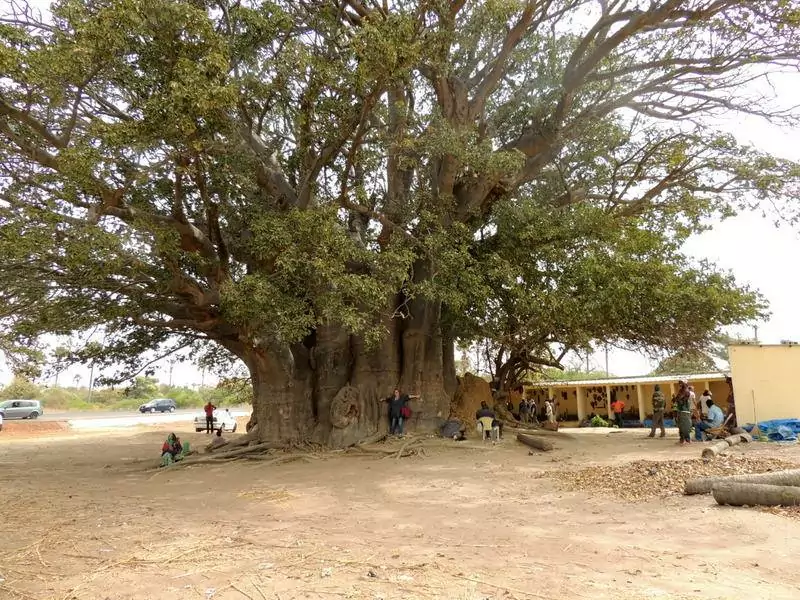

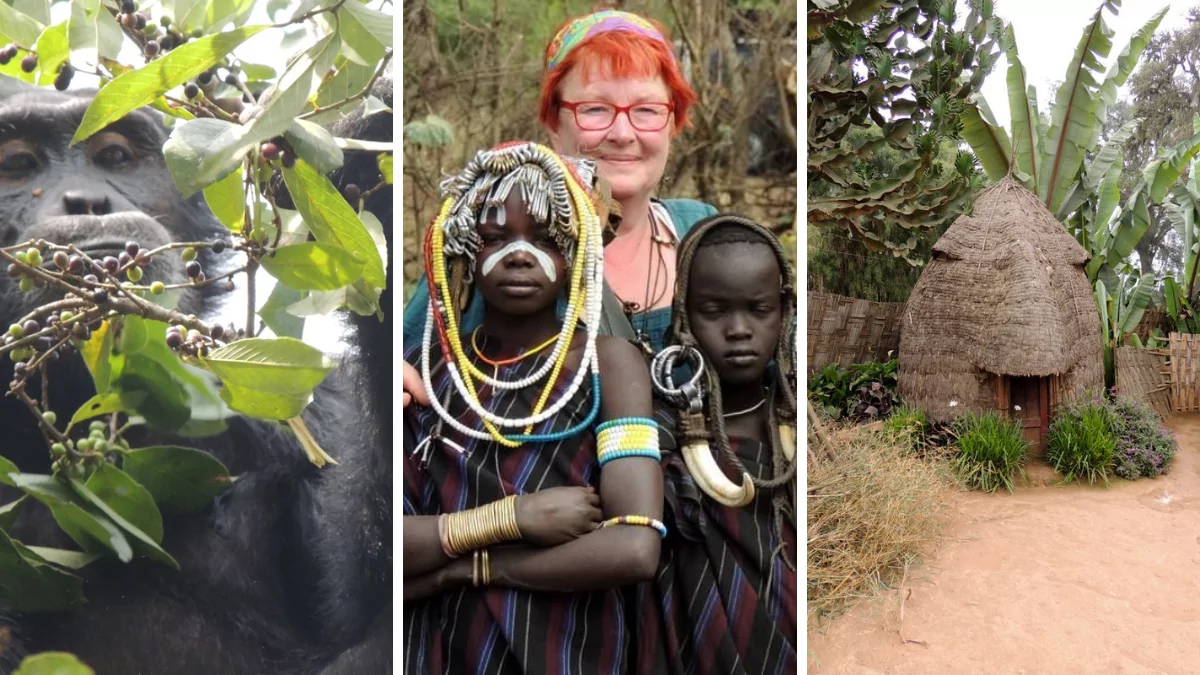
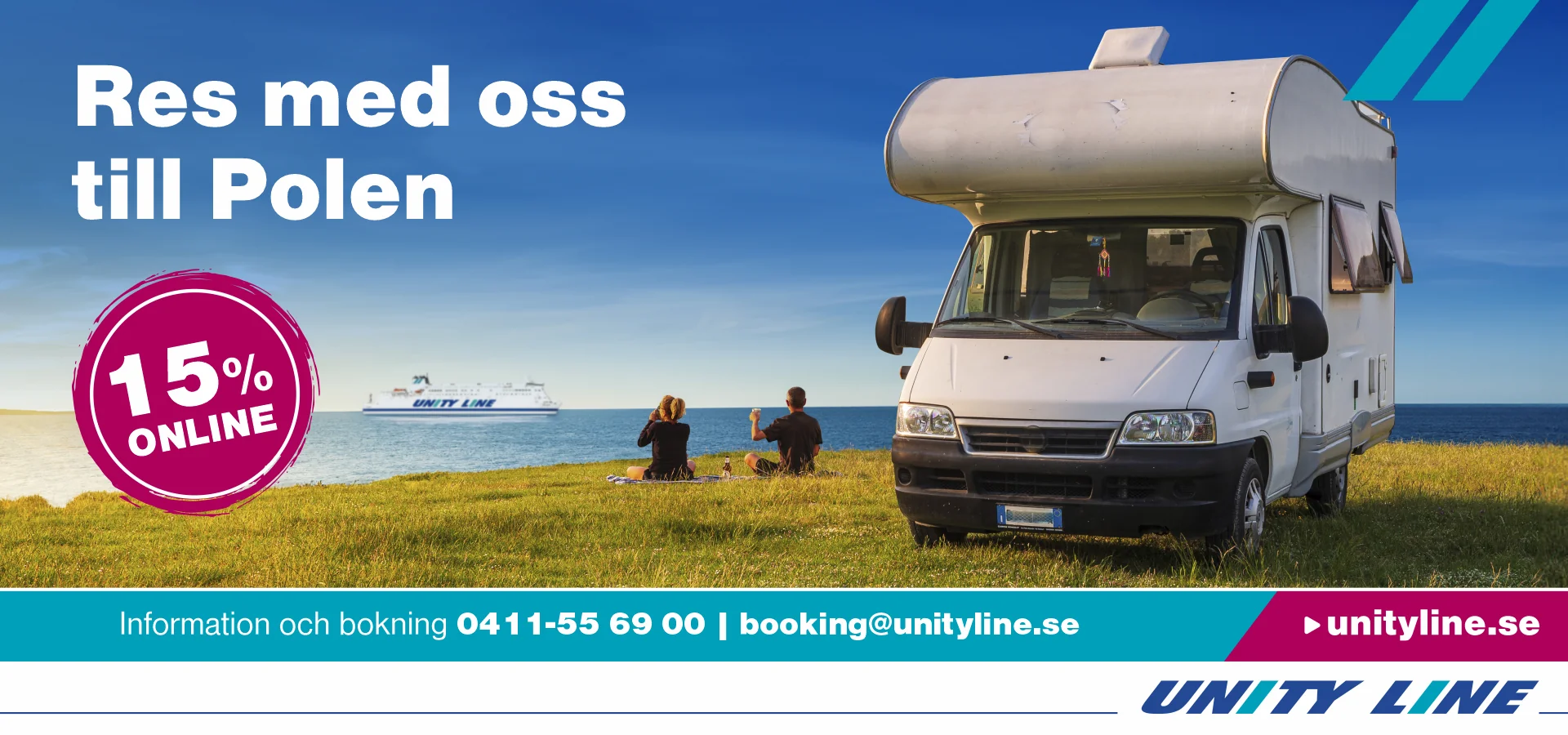






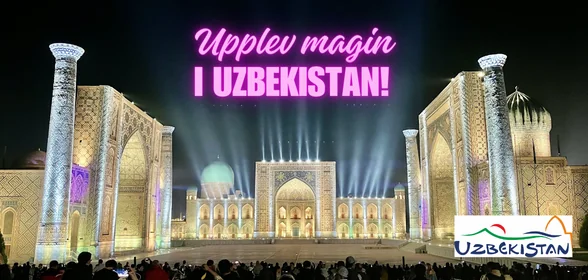

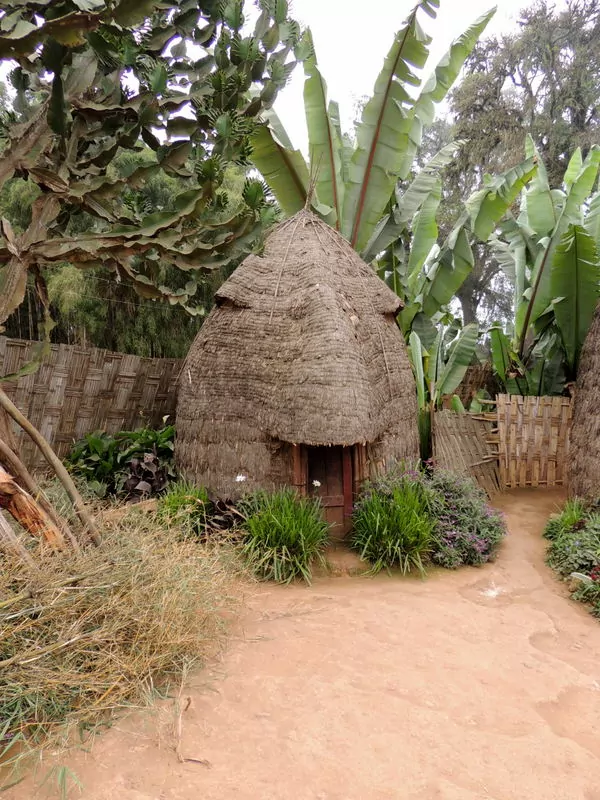
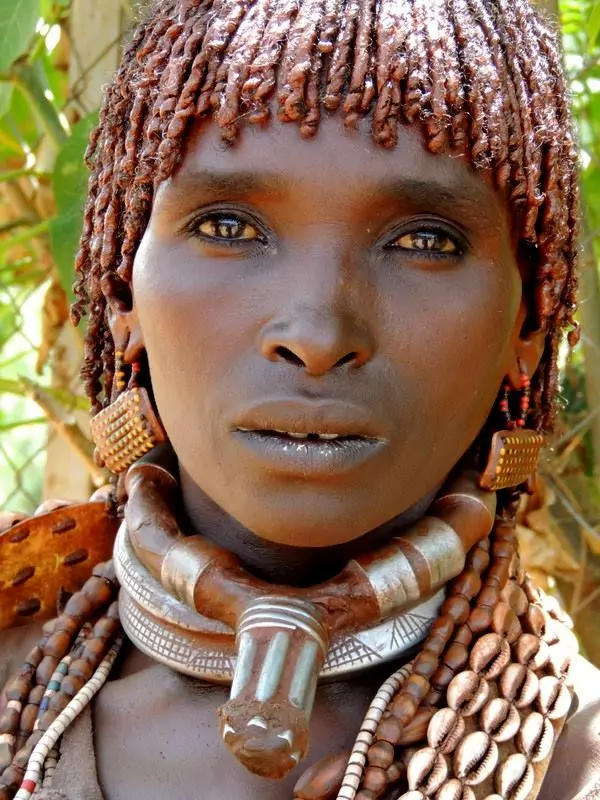
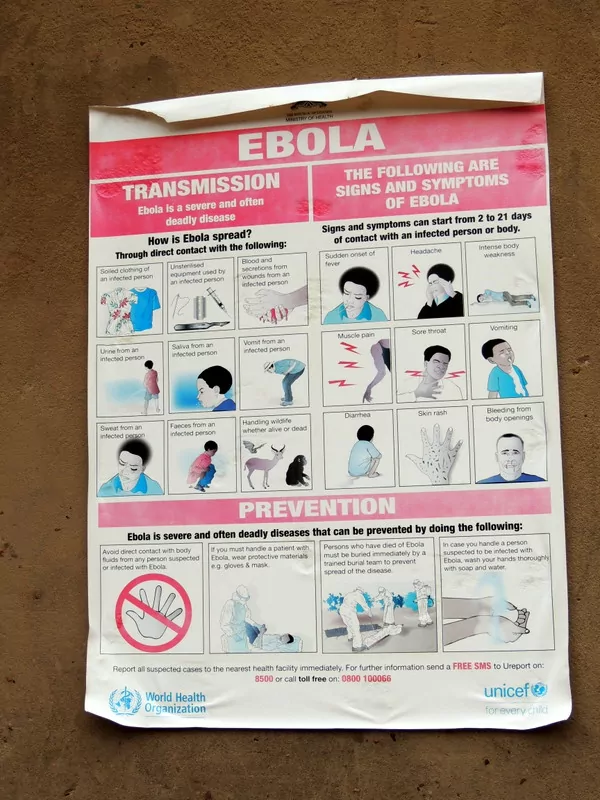
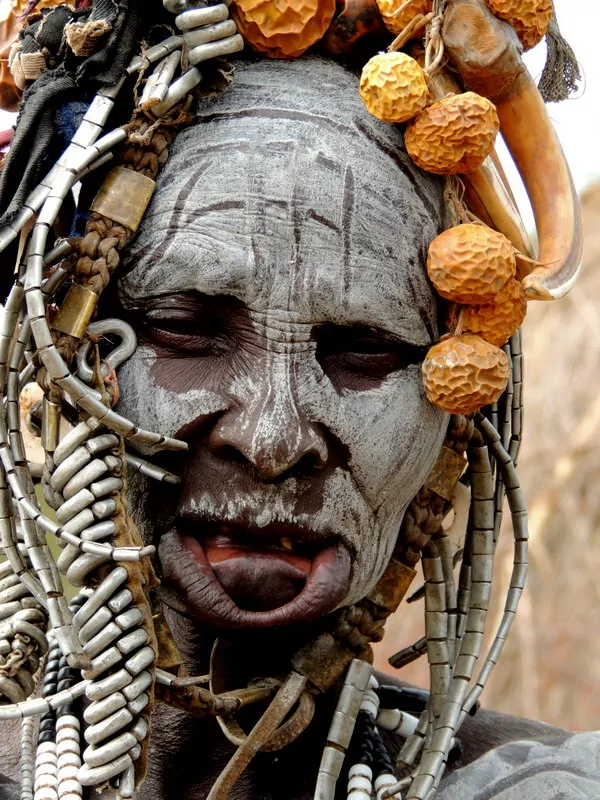
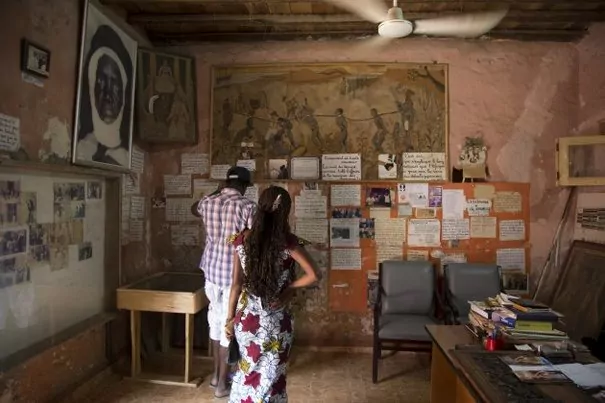

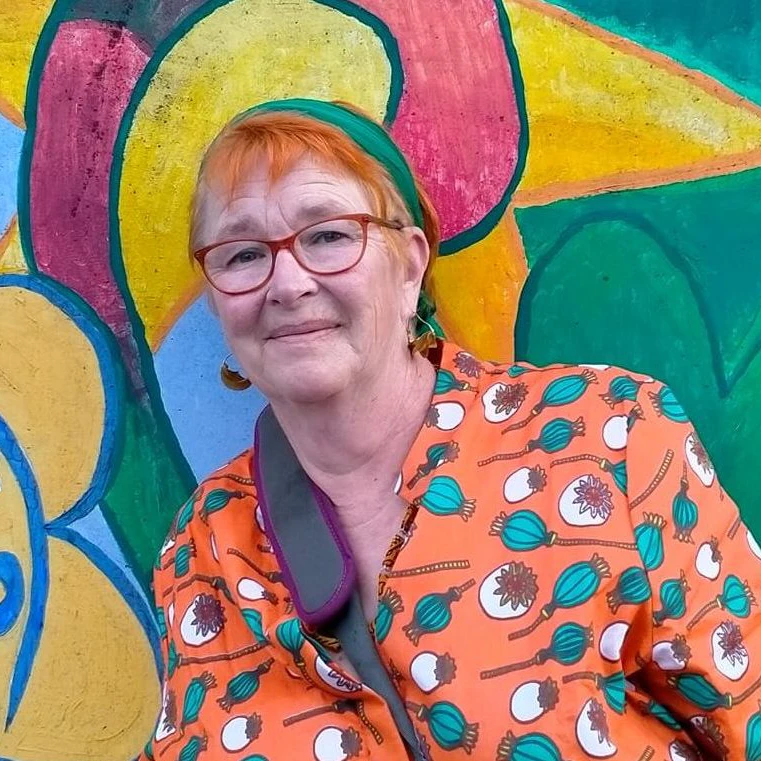
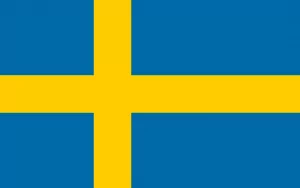

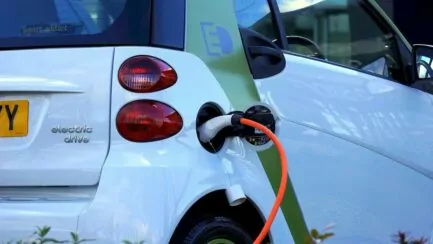
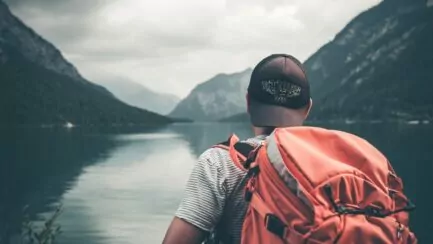
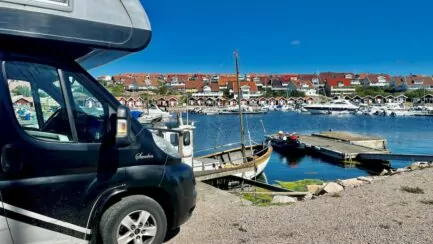
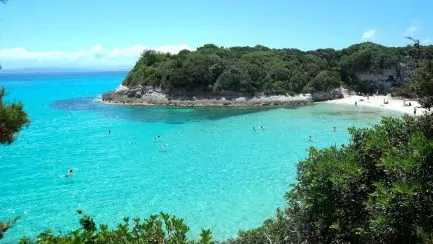
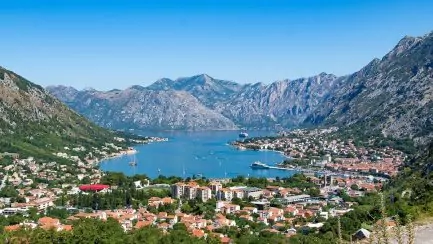



BP says:
Absolutely outstandingly good pictures. How close you must have come to the monkey. All your pictures describe the countries you visited perfectly.
Then you actually stand out. Think of your hair colour and the colourful clothes you wear. I love women who are 60 plus and dress colourfully.
We haven't really travelled much in Africa, but in the early 1980s we visited Gambia and Senegal shortly after they had fought a war. We were the only white people many people had ever seen. We rented a small motorbike and my husband was 1.95 metres tall. Many police checks and it was expected to pay "bribes".
We also visited Morocco, Tunisia (which I didn't like), Oman and Dubai before they were exploited. I'm glad we did.
24 May 2023 - 20:44
Anna Nilsson Spets says:
Thank you for your nice comments. Yes, I have always been colourful, all my life. As for the close up of the gorilla, actually not at all close as it is not allowed, the camera has a good zoom. Take care.
25 May 2023 - 7:19
Solan says:
Here I am in my cosy bed, going through some blogs.
What a good judgement by Freedom to have you as a guest writer. Just read about your Africa, interesting text and pictures. An early morning experience. Thank you very much! 😊
26 May 2023 - 7:54
Anna Nilsson Spets says:
I'm glad you like what I have to say, thank you!
26 May 2023 - 16:57
Lena - gott för själen says:
What a lovely post! Life-affirming, in a way. Imagine how many exciting things you have experienced. And what a fantastic picture of the woman from the Benna tribe in Ethiopia!
Have a nice weekend!
Hug Lena
26 May 2023 - 15:59
Anna Nilsson Spets says:
Yes, travelling is life... I wish I could do it more. And aren't they beautiful, the women of the Horn of Africa. Thank you for reading.
26 May 2023 - 21:13
4000mil says:
Very interesting to read. You have no local organiser in Madagascar that you can recommend?
30 May 2023 - 8:44
Anna Nilsson Spets says:
Hi! Unfortunately I can't help you with that, it's been a long time since I was there and I only used local transport which was challenging but took far too long.
30 May 2023 - 10:24